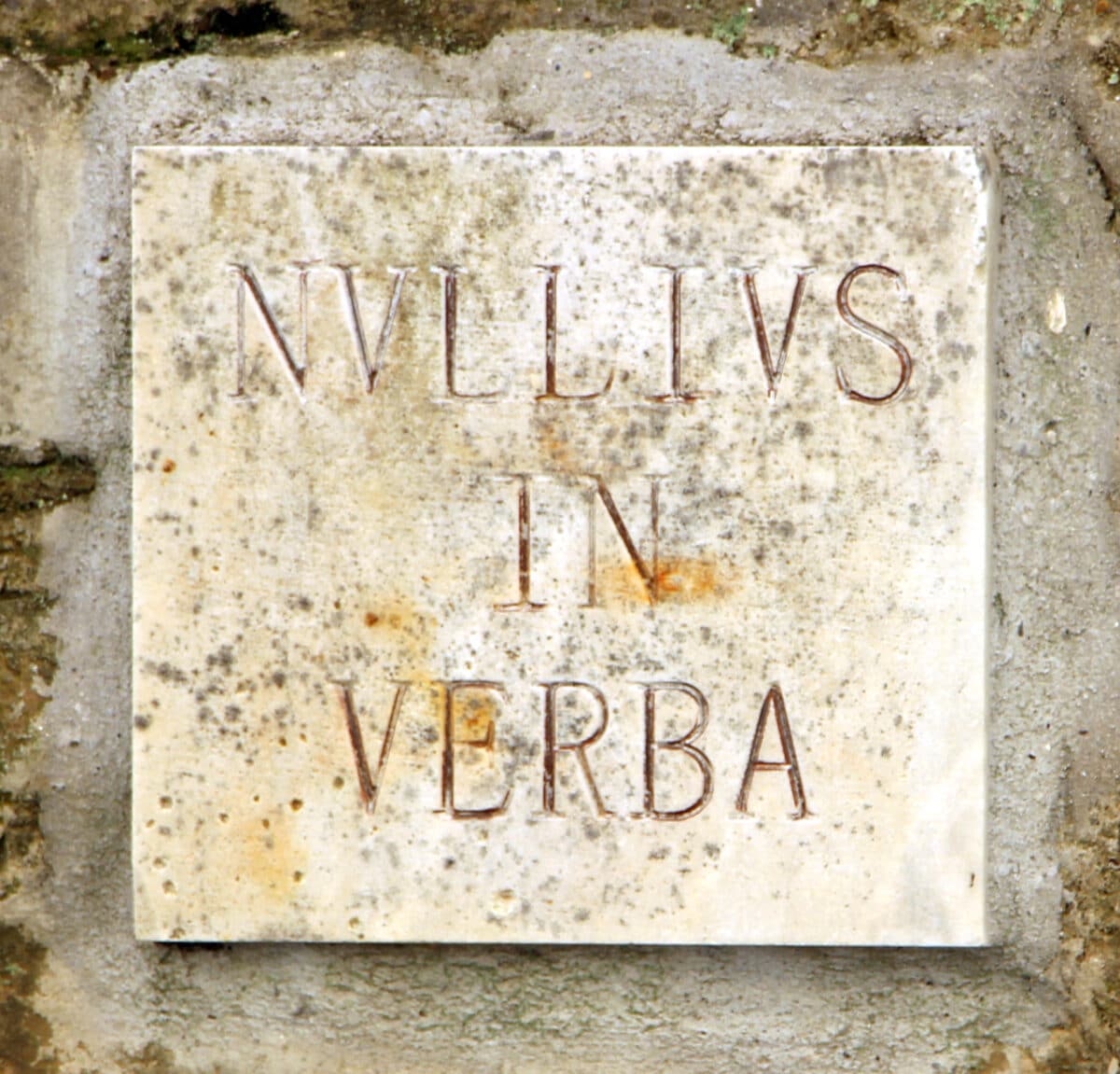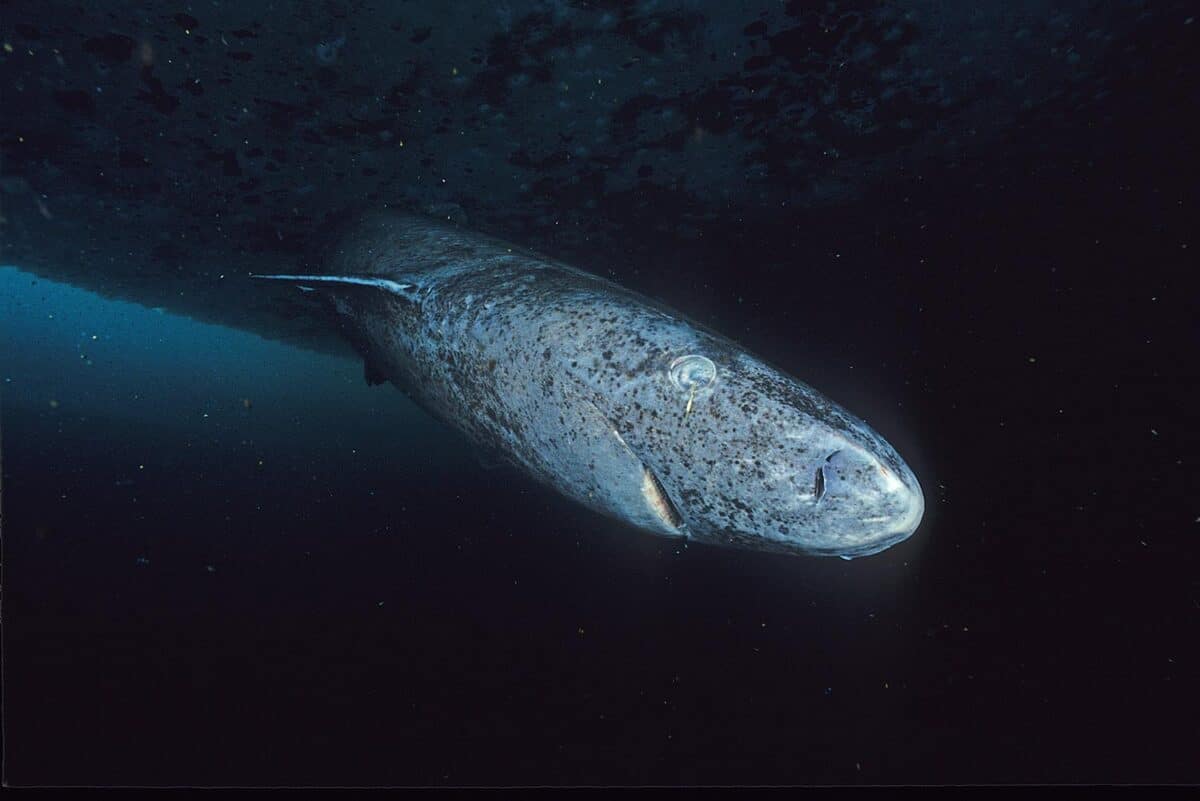
Science and Culture Today
Discovering Design in Nature
Today

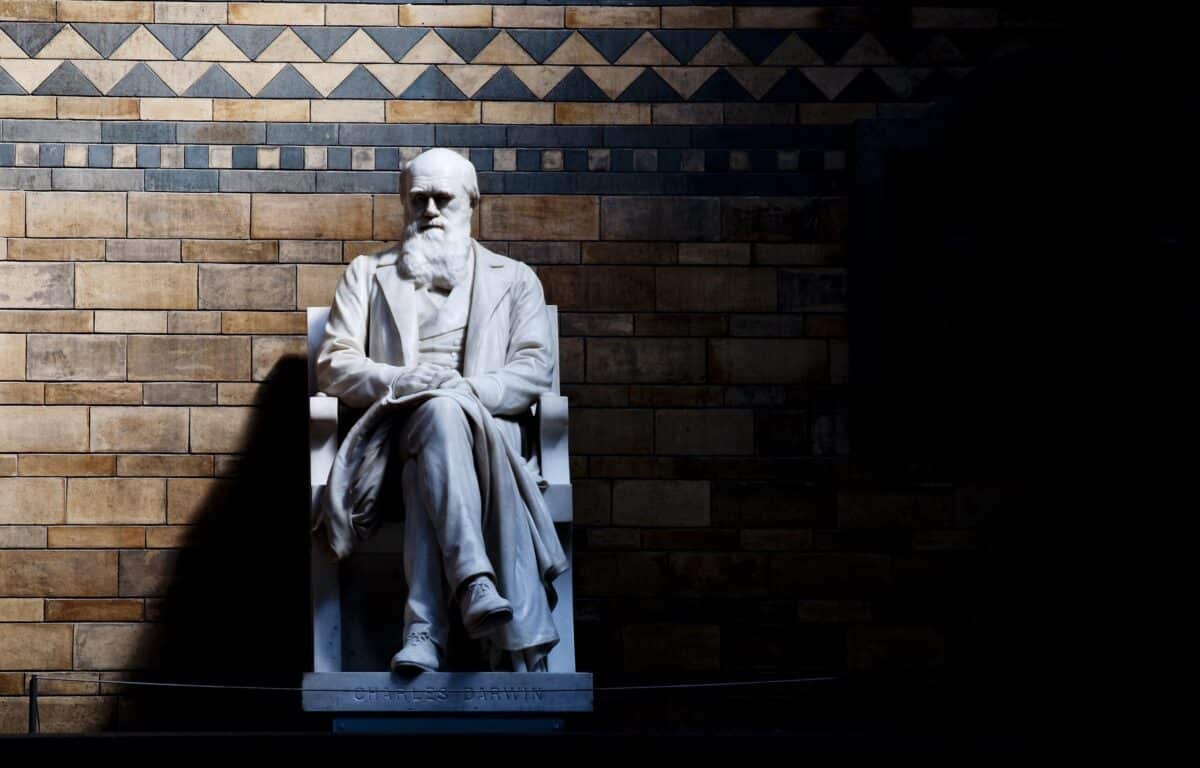
A Neglected Dissenter from Darwinism

John Searle (1932–2025): A Titan Passes
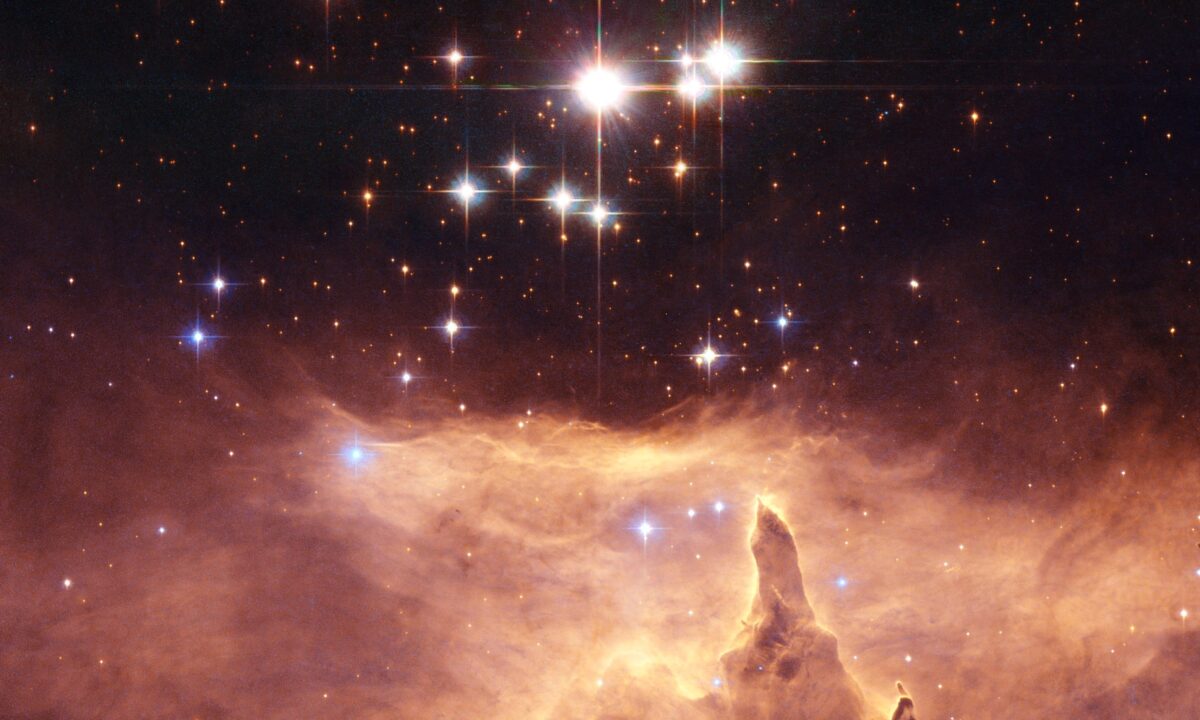
Science Points to God; Scientists Listen
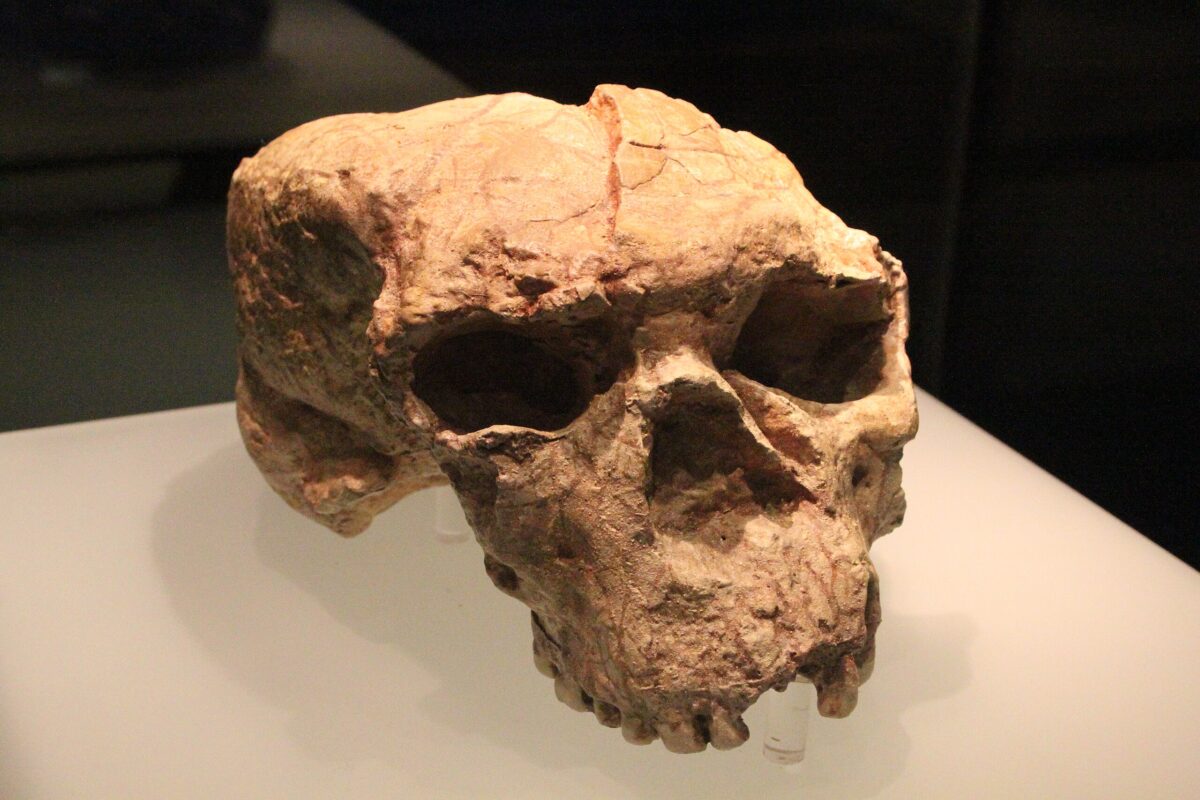
Skulls Push Our Species Back to 1 Million Years?

Farewell to Philosopher John Searle
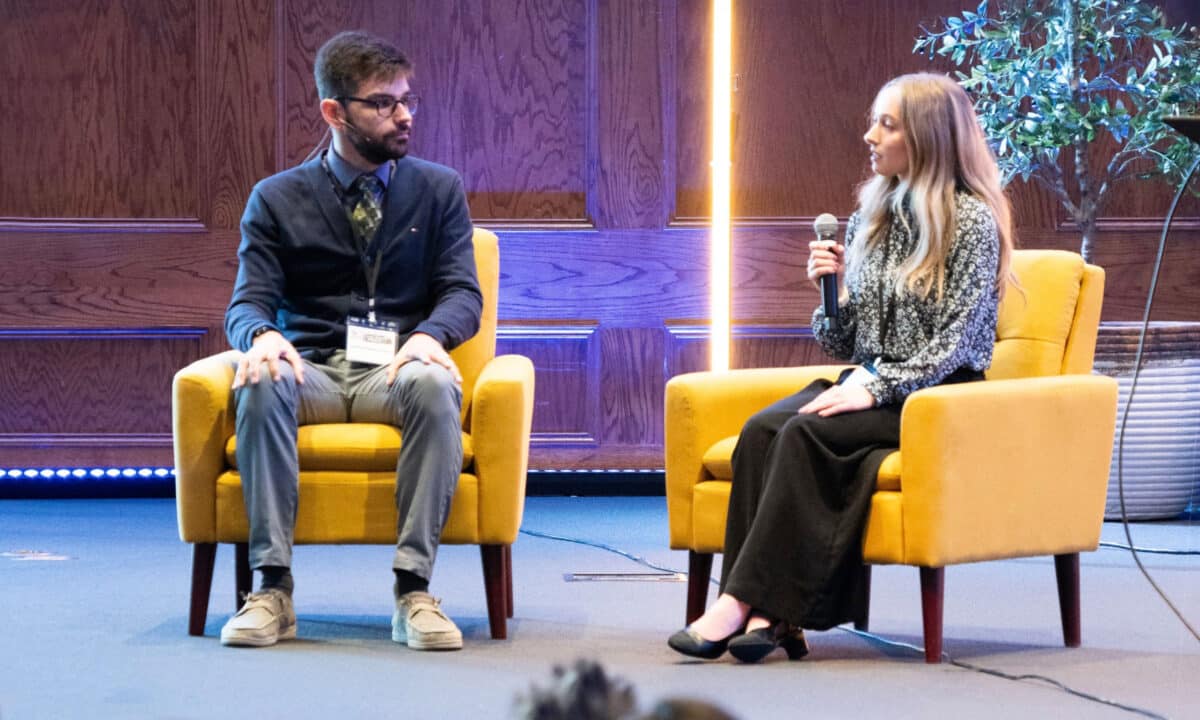
ID Education Day Is Coming to Tacoma, November 6!
Recommended
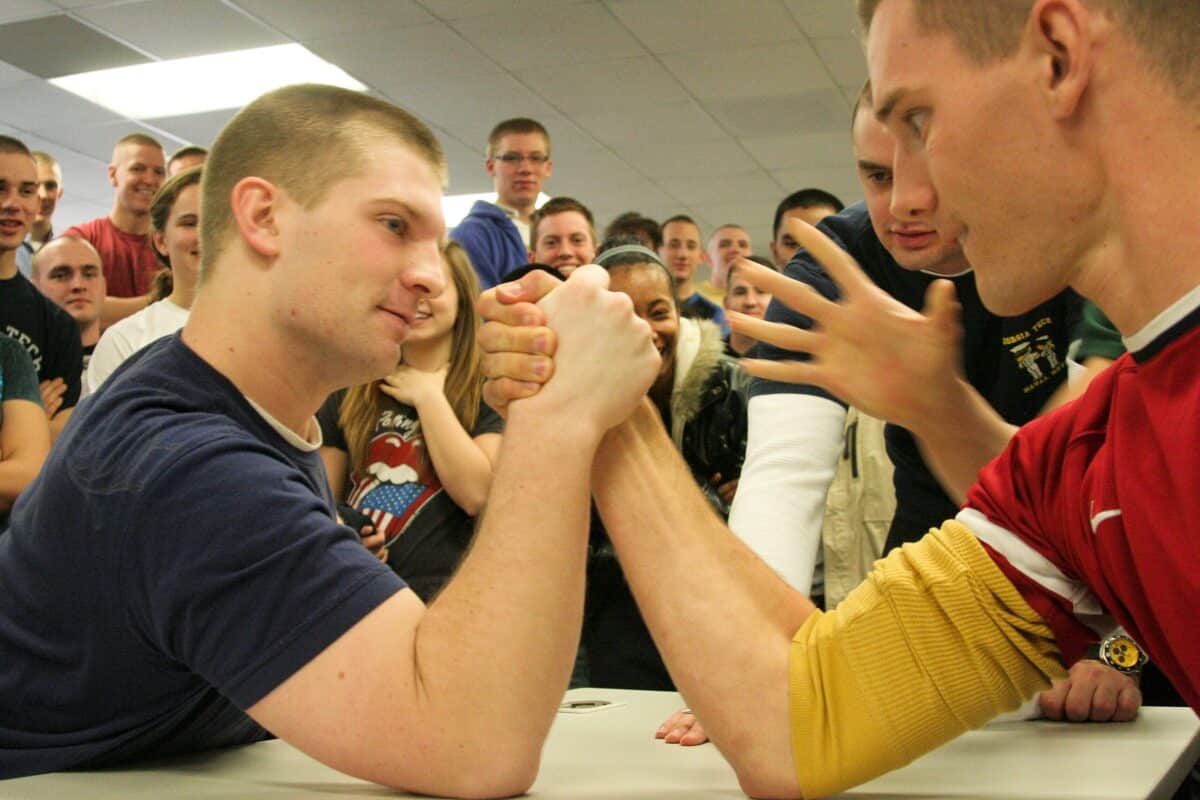
Is Intelligent Design Gaining the Upper Hand?
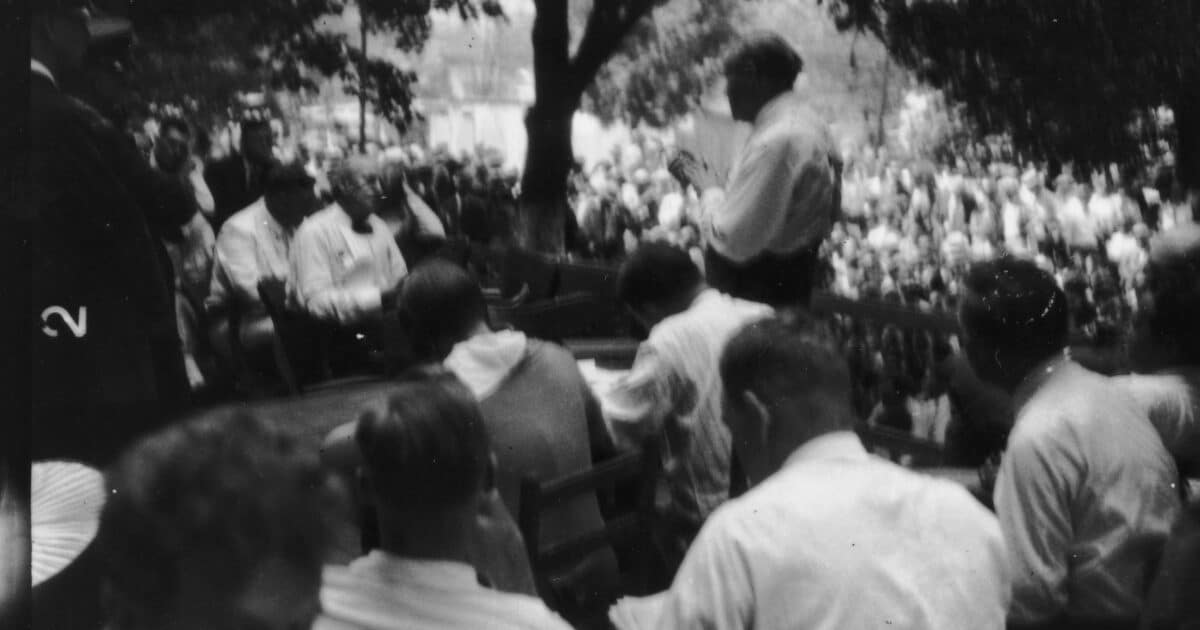
Scopes: Same Debate, Different World
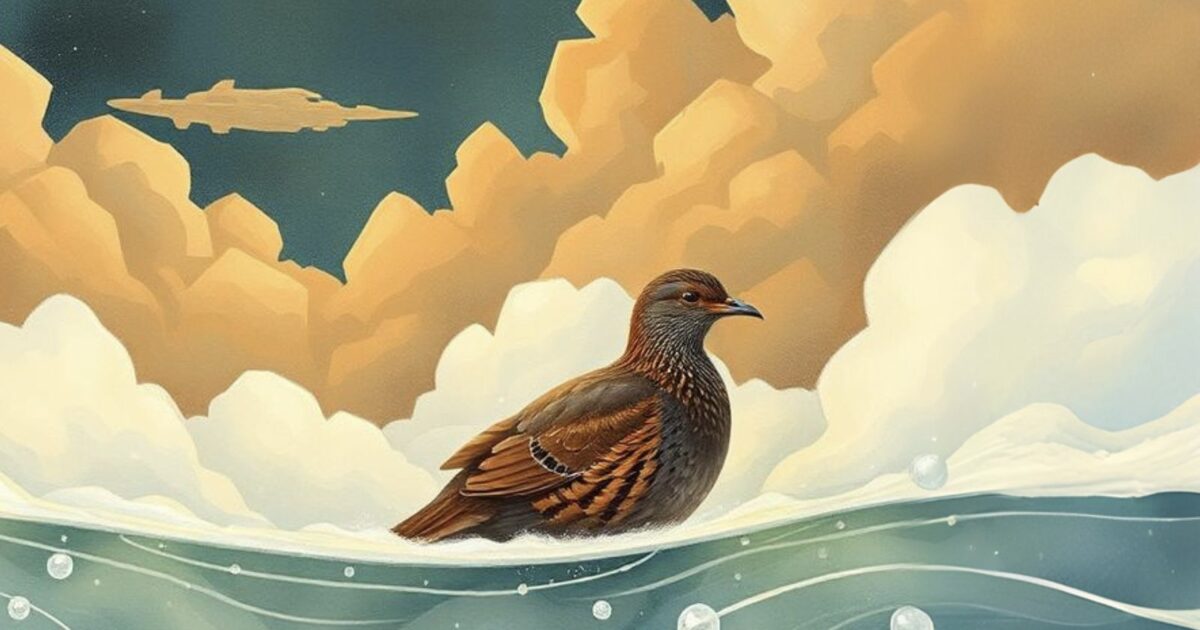
What’s Bothering Augustine?
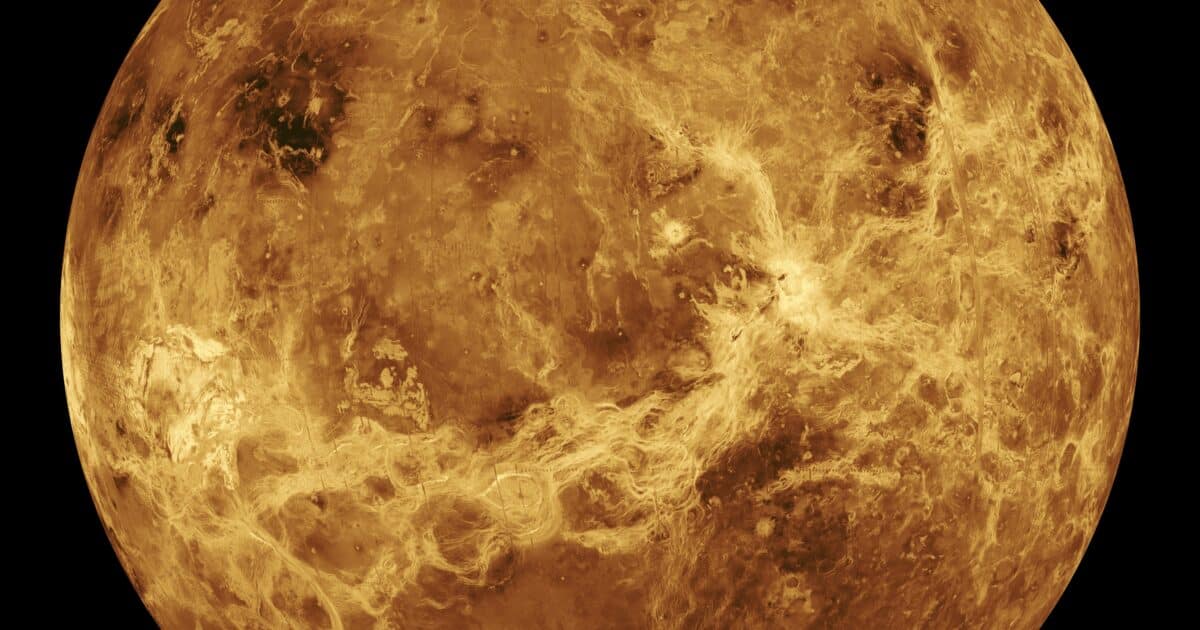
Geometric Design in the Solar System
ID the Future
with Andrew McDiarmid

An Experienced Attorney Evaluates the Evidence for Intelligent Design

Douglas Axe: We Have an Eye For Detecting Design

How to Train Up a New Generation of James Clerk Maxwells
Latest Videos
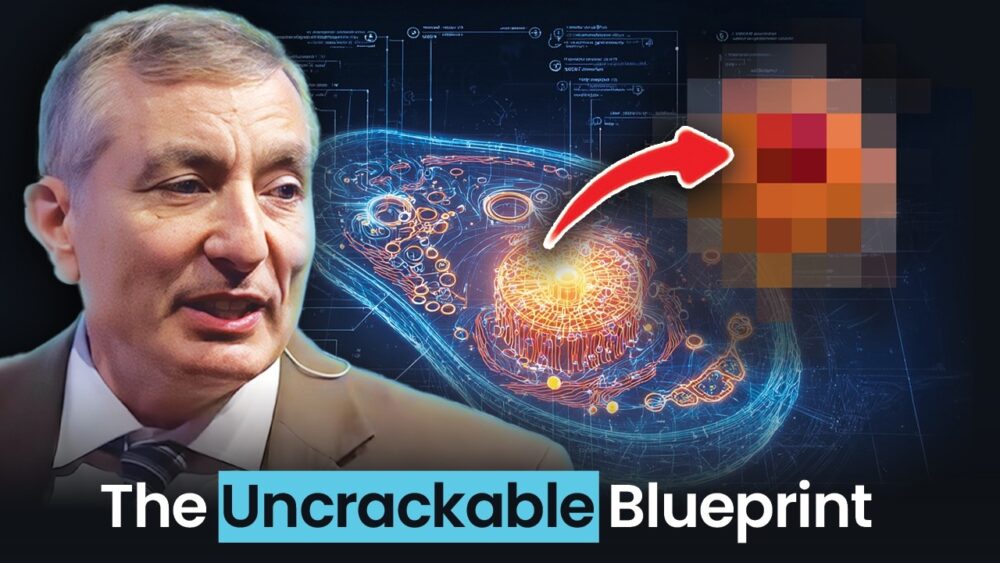
The Cell Membrane: Life’s Impossible Barrier
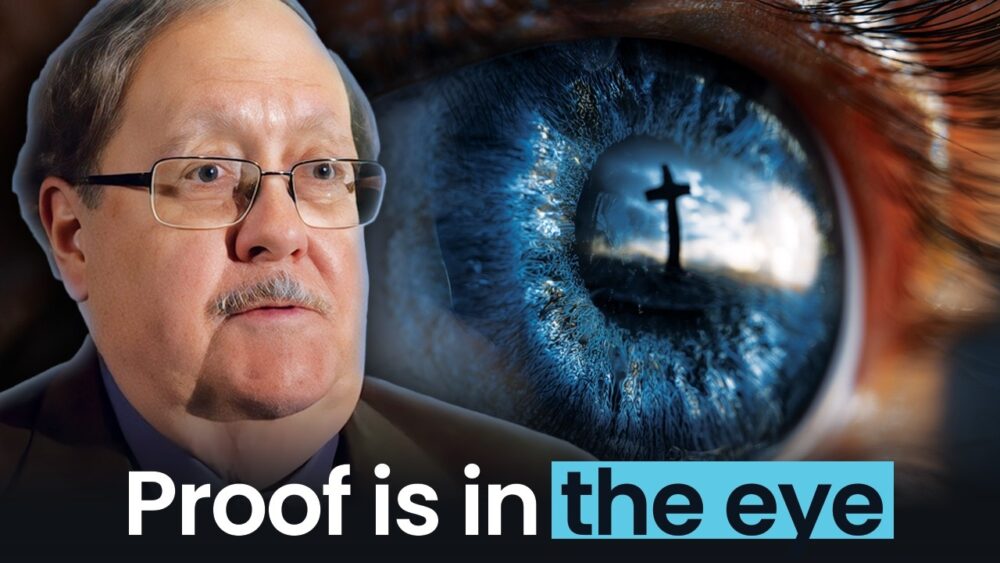
The Human Eye DESTROYS Darwin’s Theory?
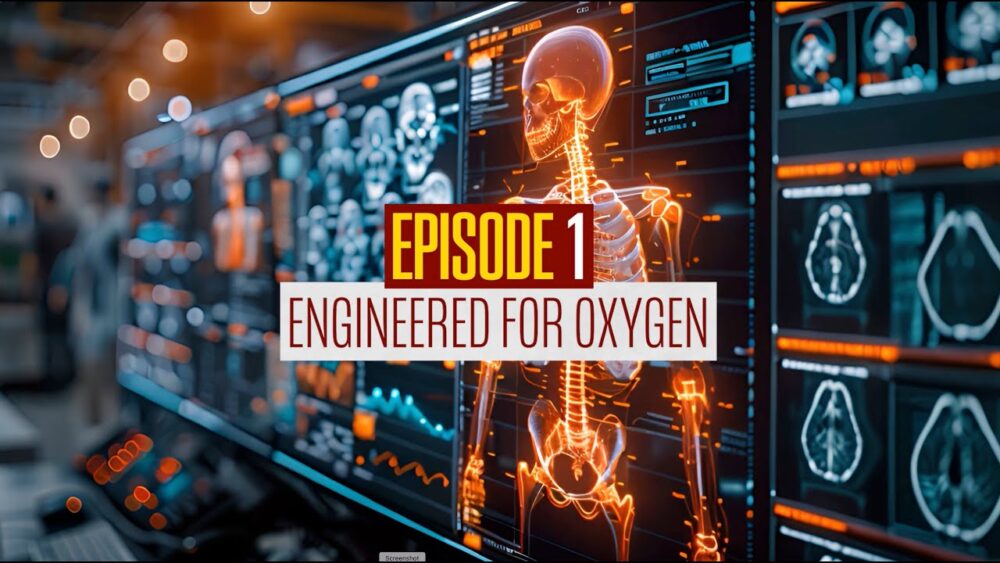
Engineered for Oxygen
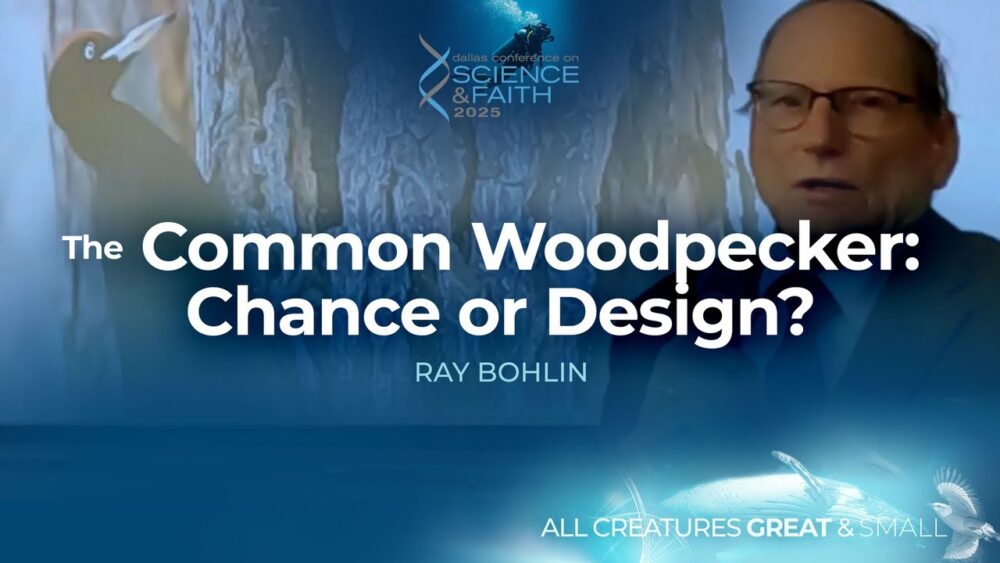
The Common Woodpecker: Chance or Design?
Intelligent Design

Nature's Missing Law of Information
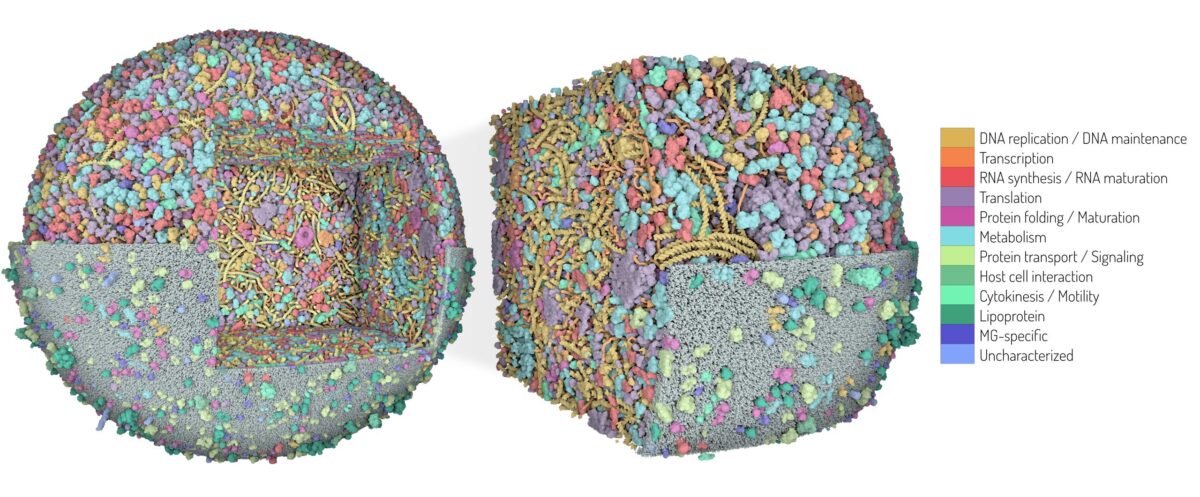
Coyne Reacts to Pro-ID Paper with Question-Begging
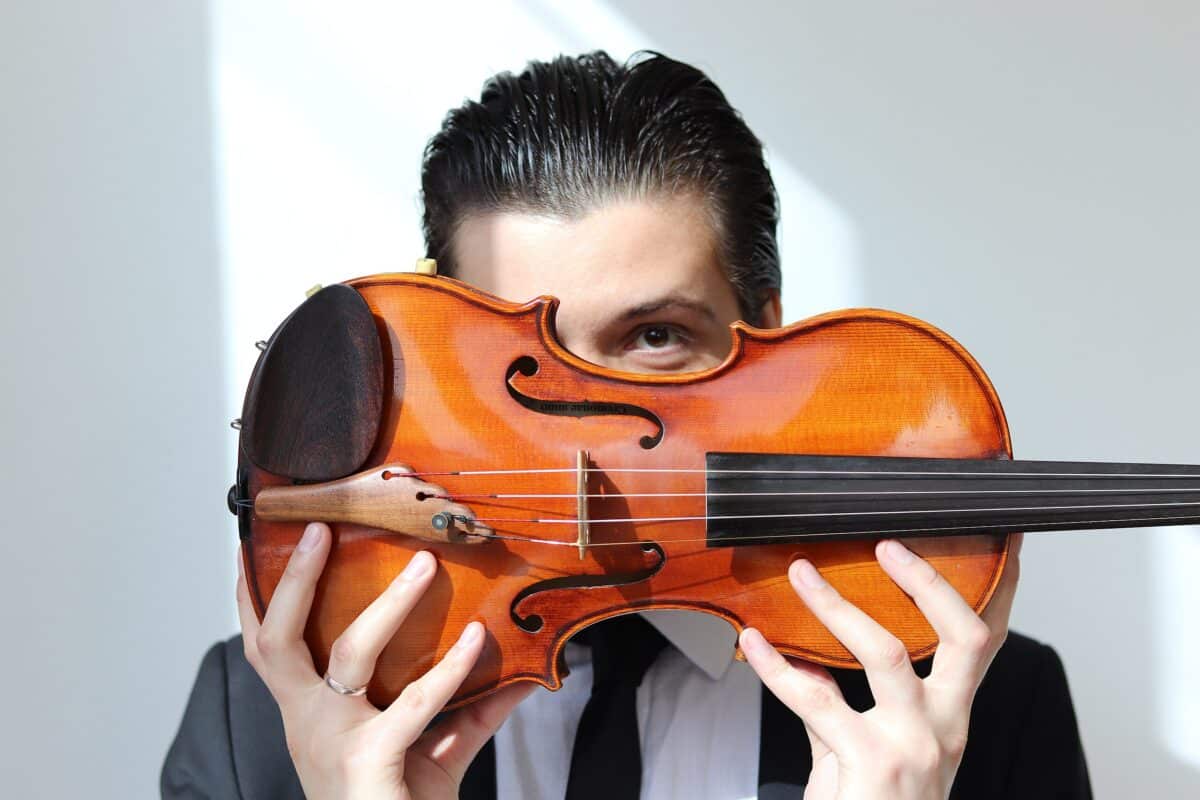
Life, Like Technology, Requires “Something More”

"A Kind of Intelligence Evident Nowhere Else"
Historical Sciences
Origin of Life
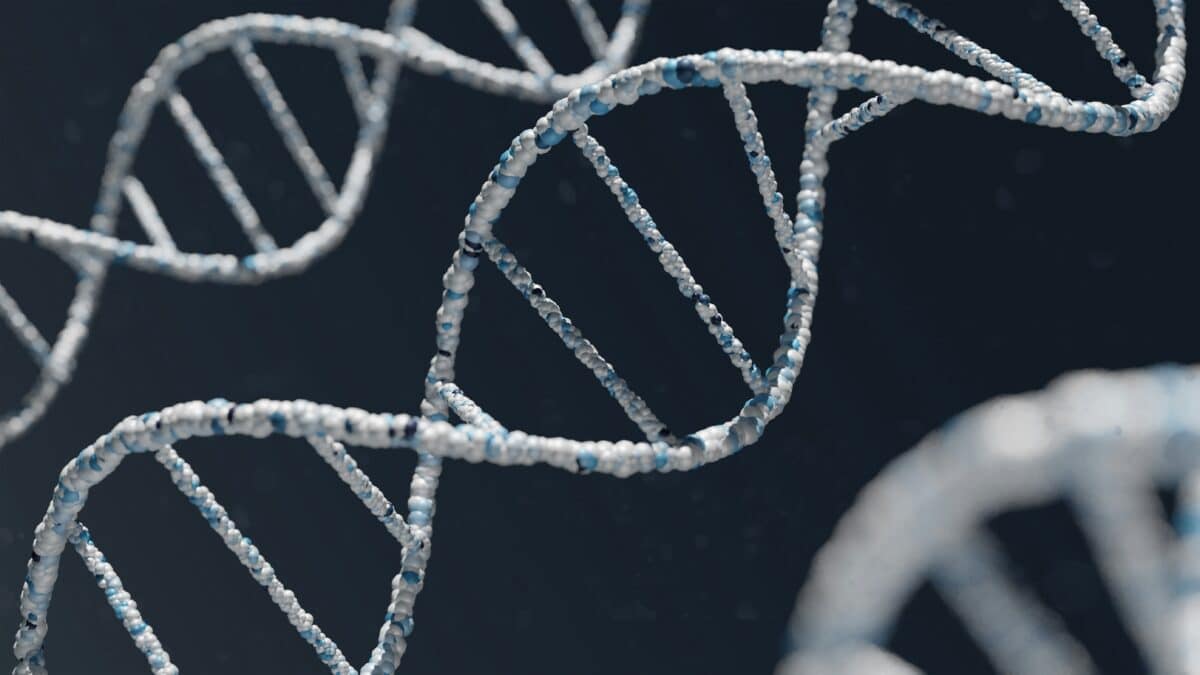
From Dead Ends to Design
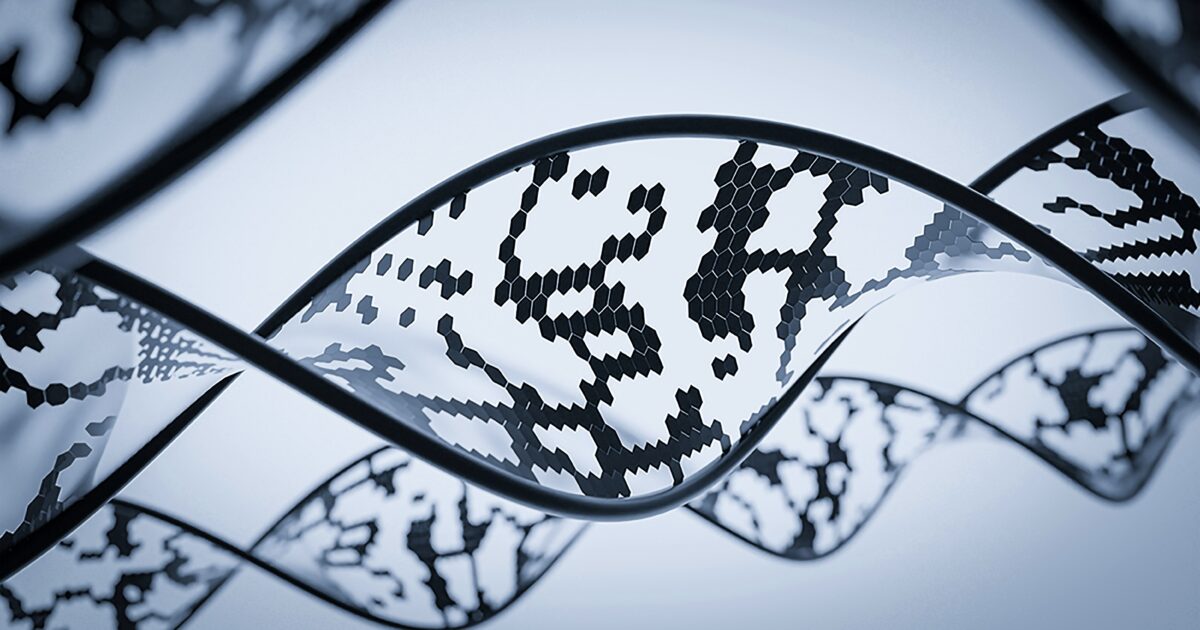
The Unsolved Mystery of Life’s Origin
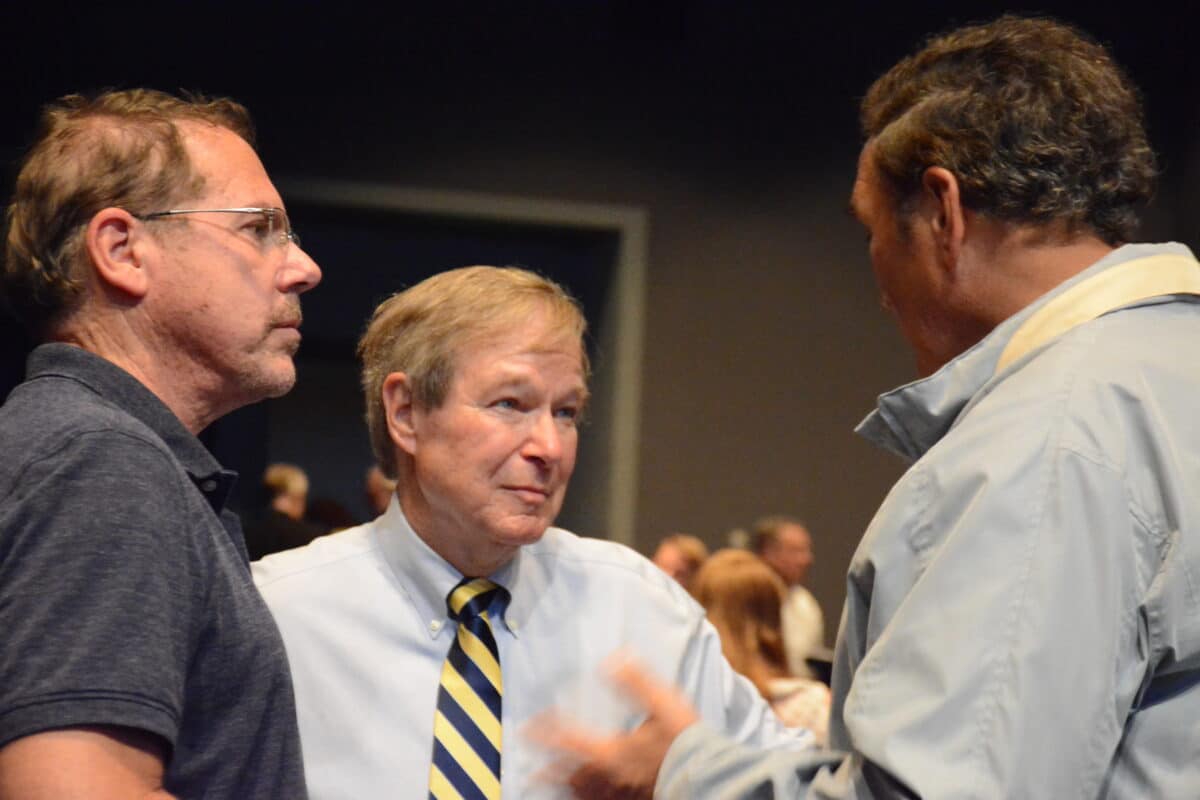
Remembering Walter Bradley (1943–2025)
Evolution
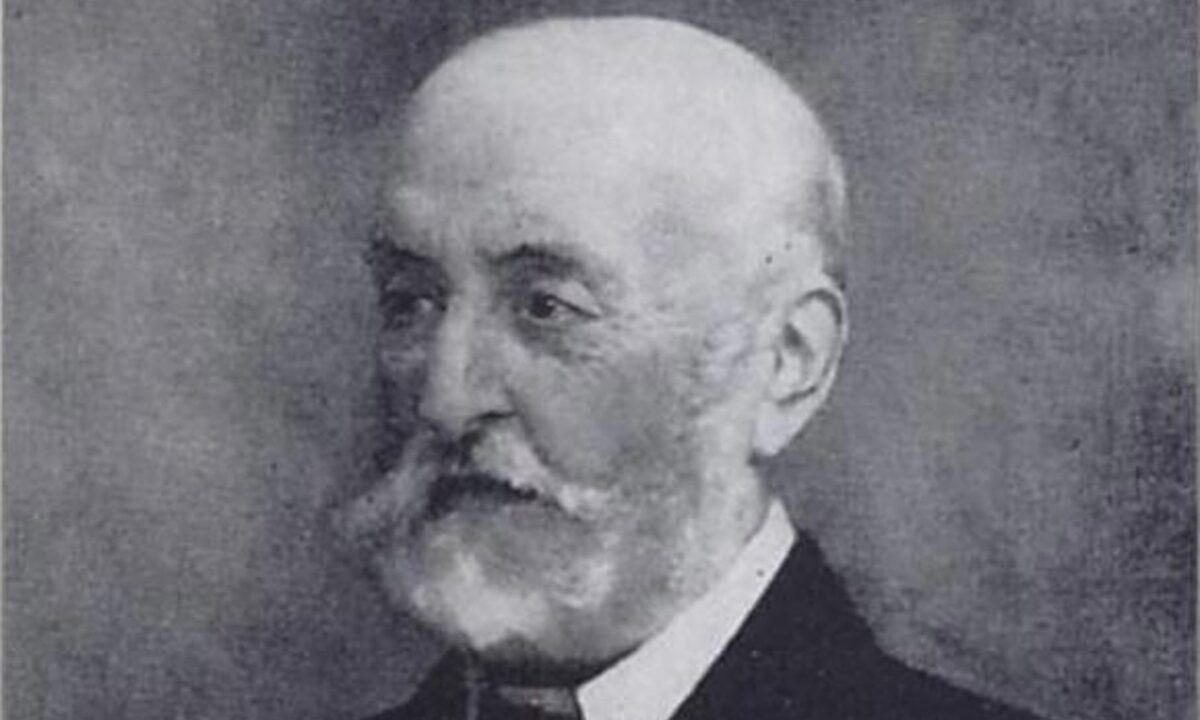
Mivart: A Historical Snapshot
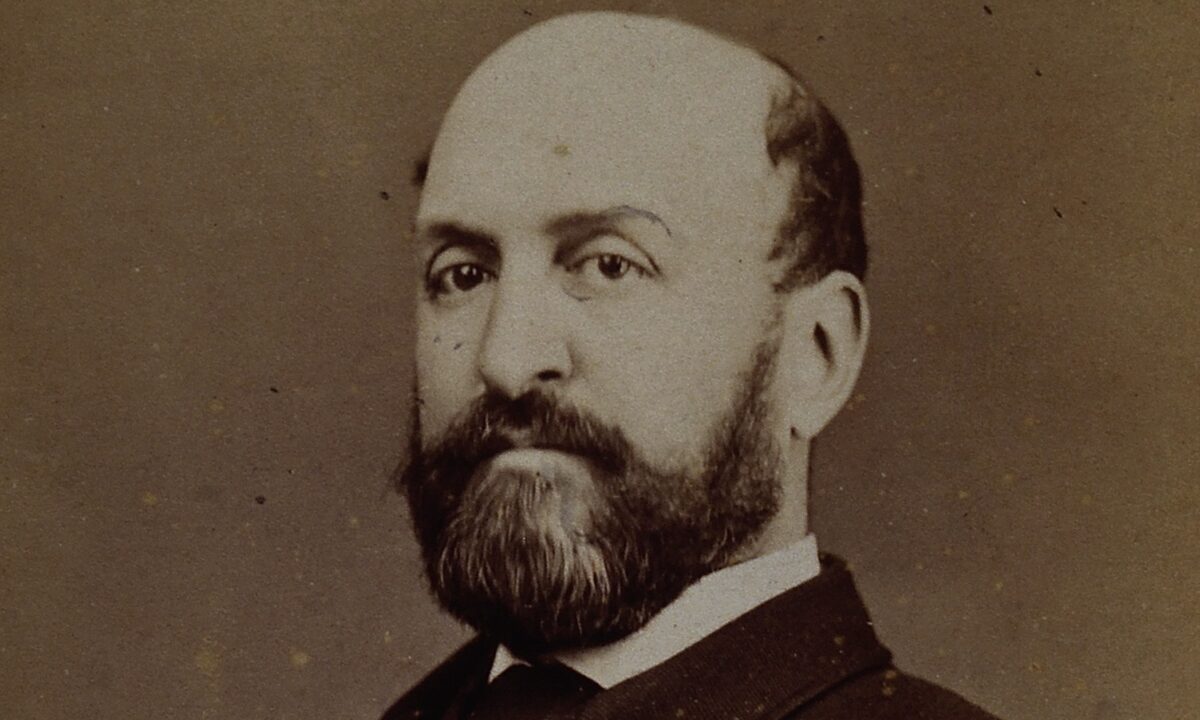
An 1871 Critique of Darwin Still Packs a Punch
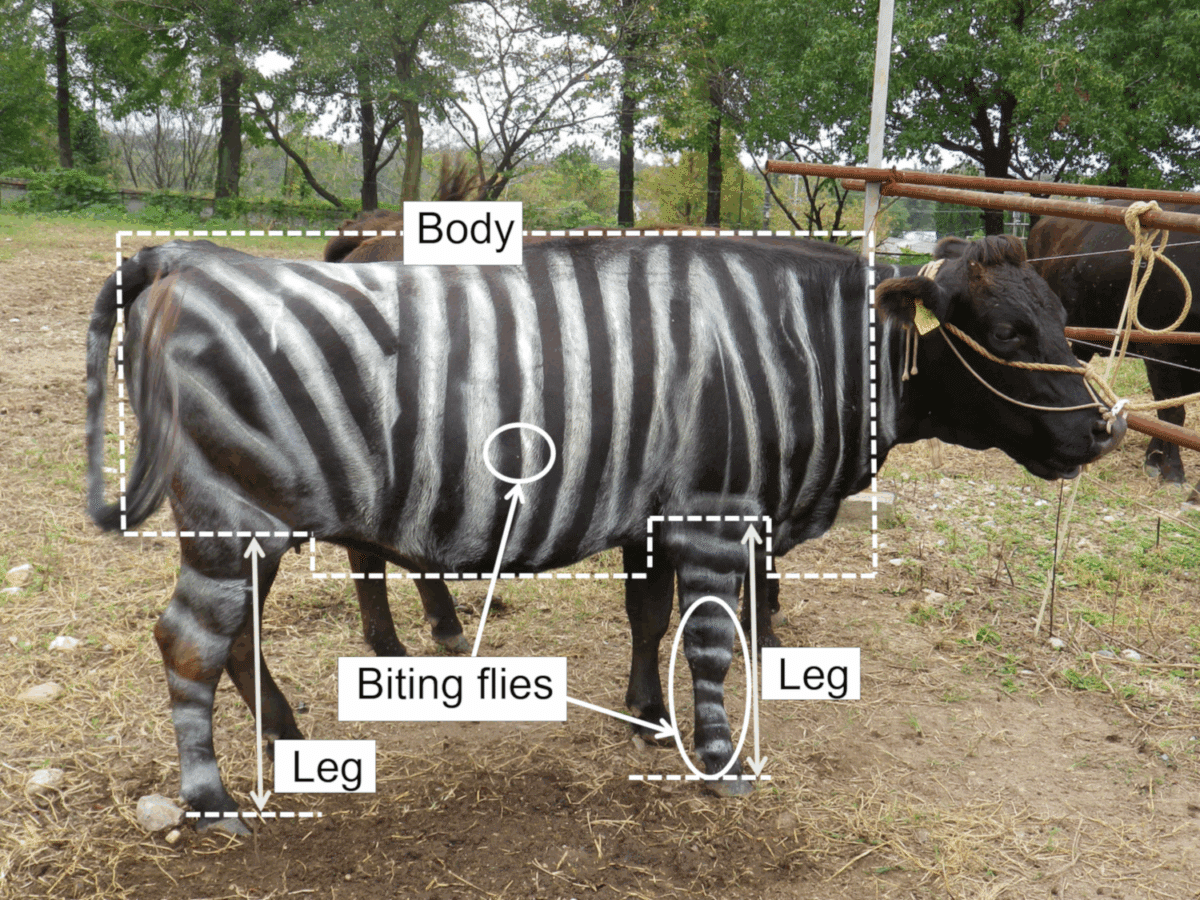
What’s More Deserving of Ig Nobel Prizes?
Paleontology
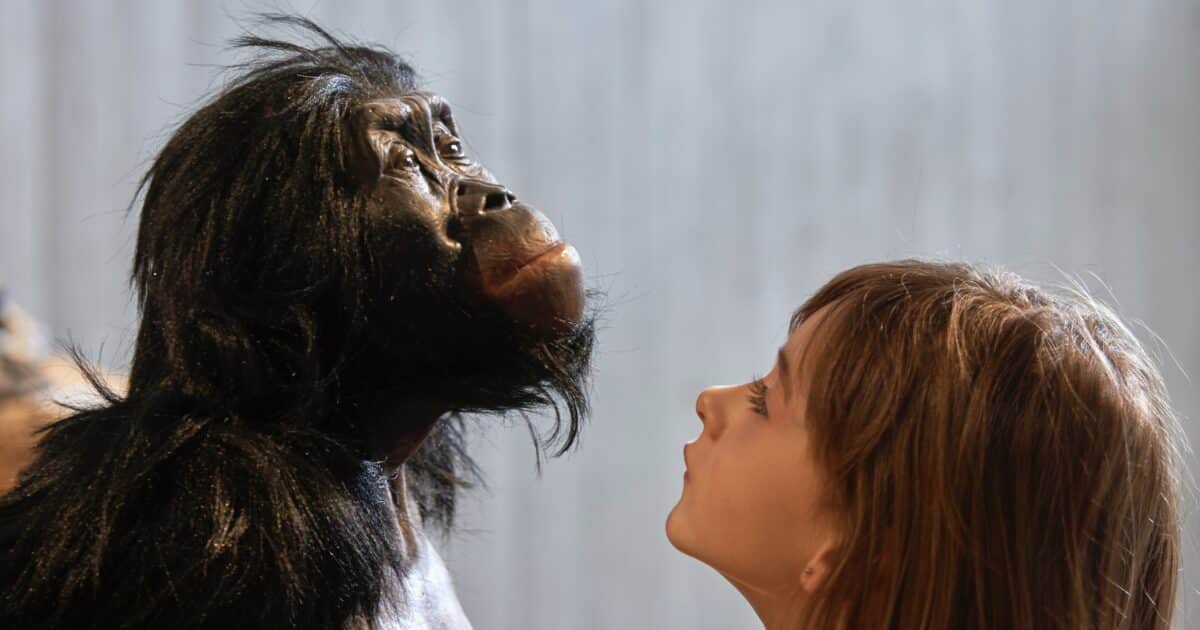
Luskin Answers Objections to Intelligent Design
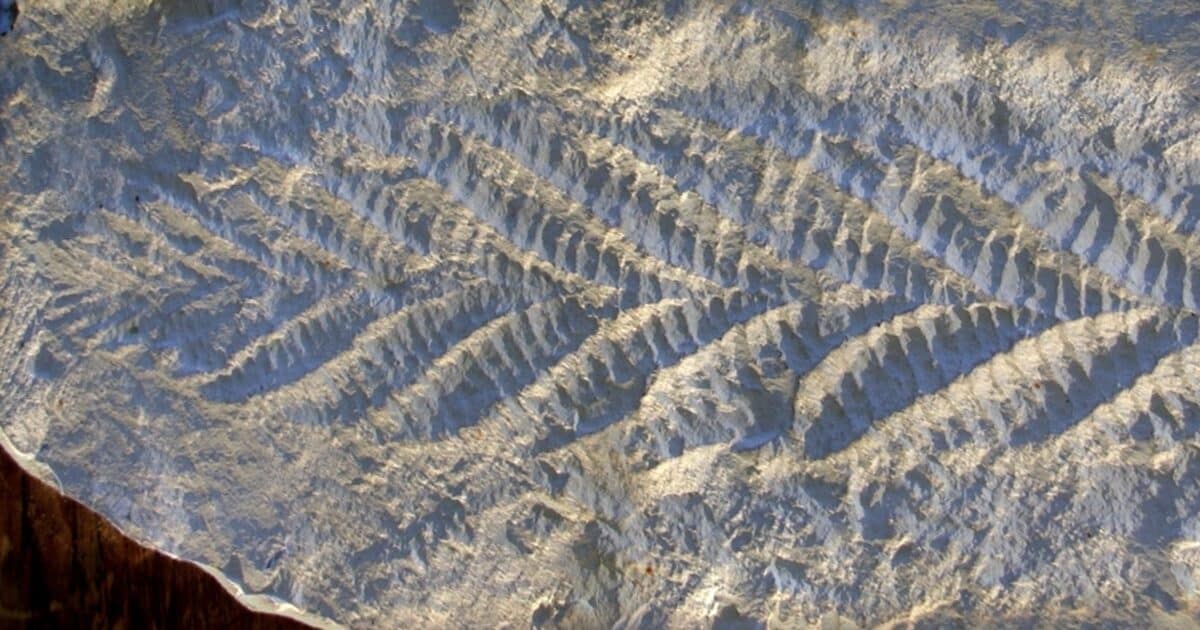
Fossils as Magical Darwin Relics
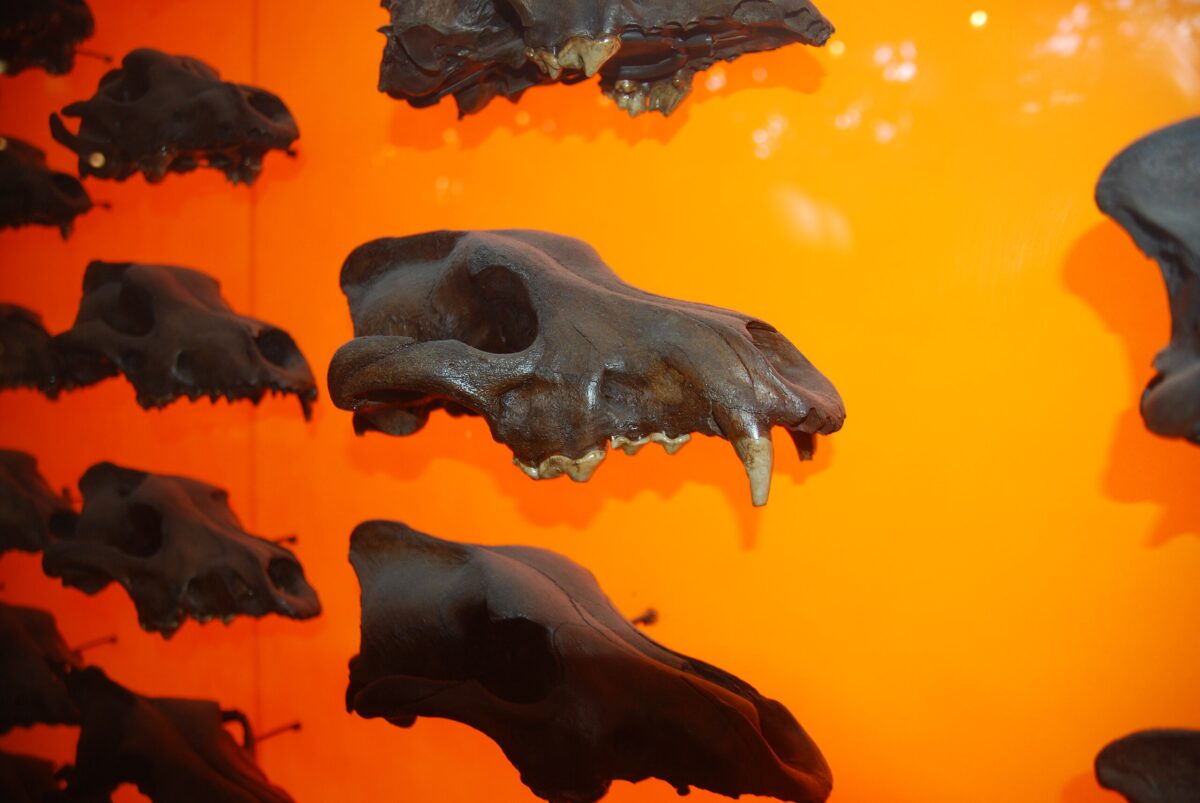
Cold Water on “Dire Wolves”
Cosmology

Science Points to God; Scientists Listen
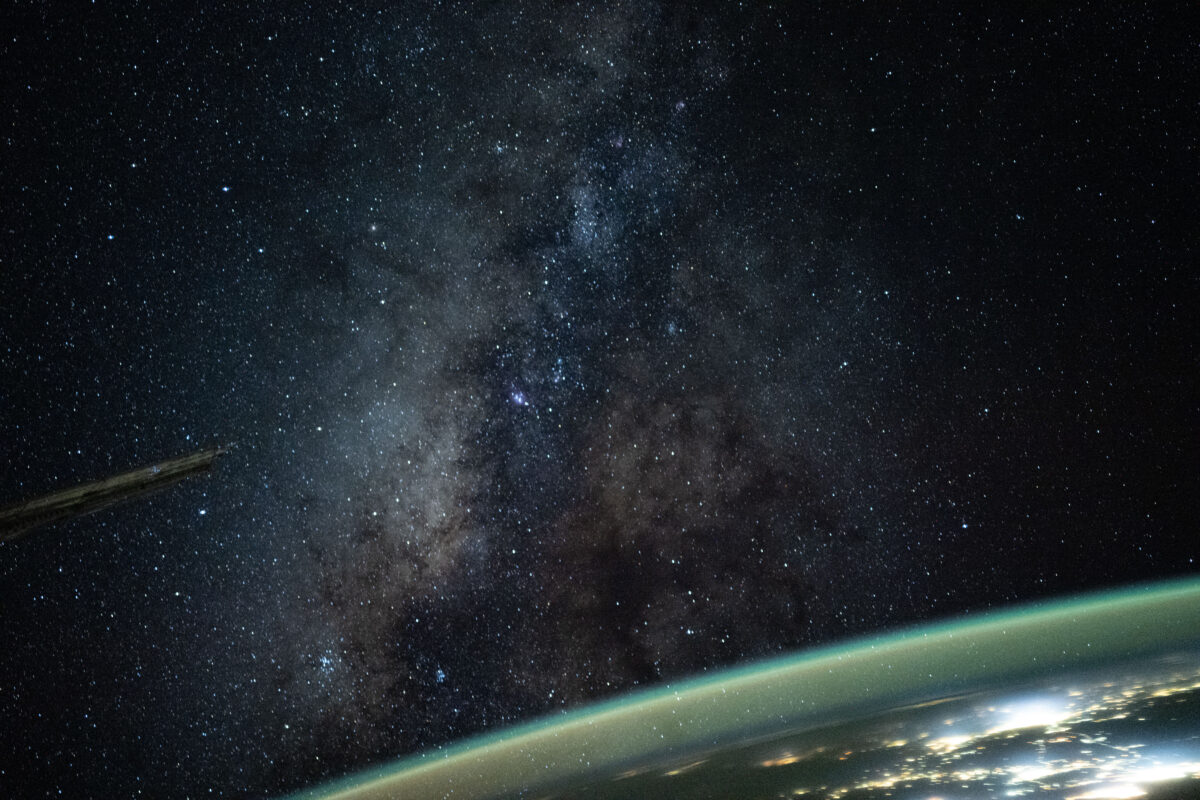
How Modern Physics Reveals Purpose in the Universe
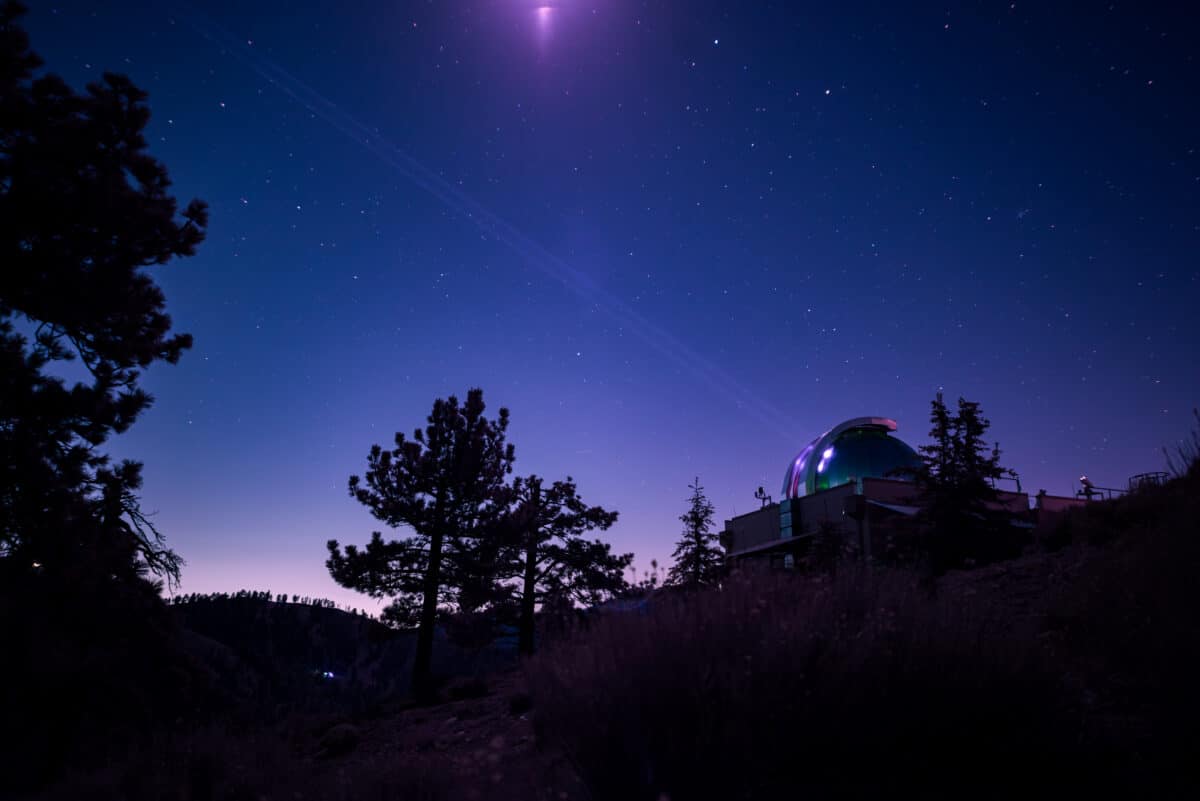
Rational Arguments for Design in the Universe
Human Origins

Skulls Push Our Species Back to 1 Million Years?
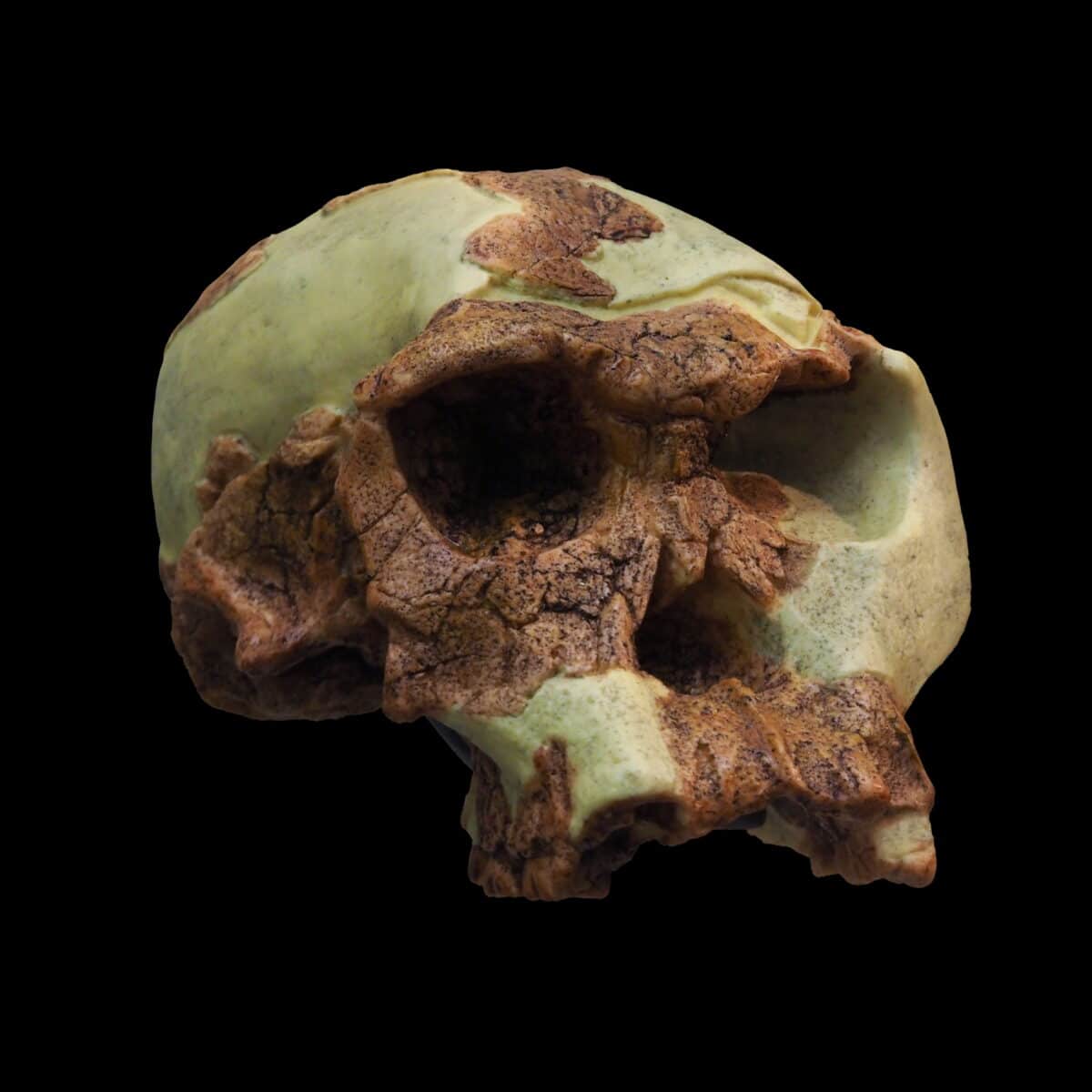
Hunted as Prey, Not a “Turning Point”
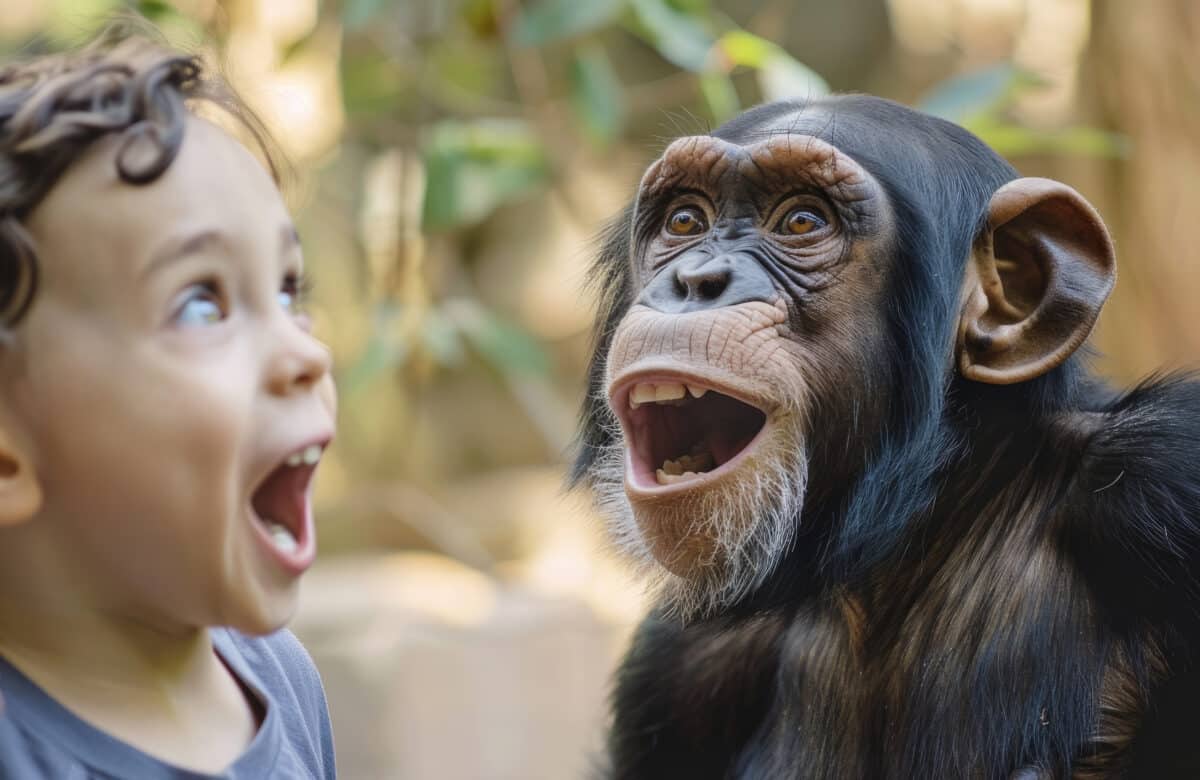
Berlinski on Human-Chimp Differences and More
Archaeology
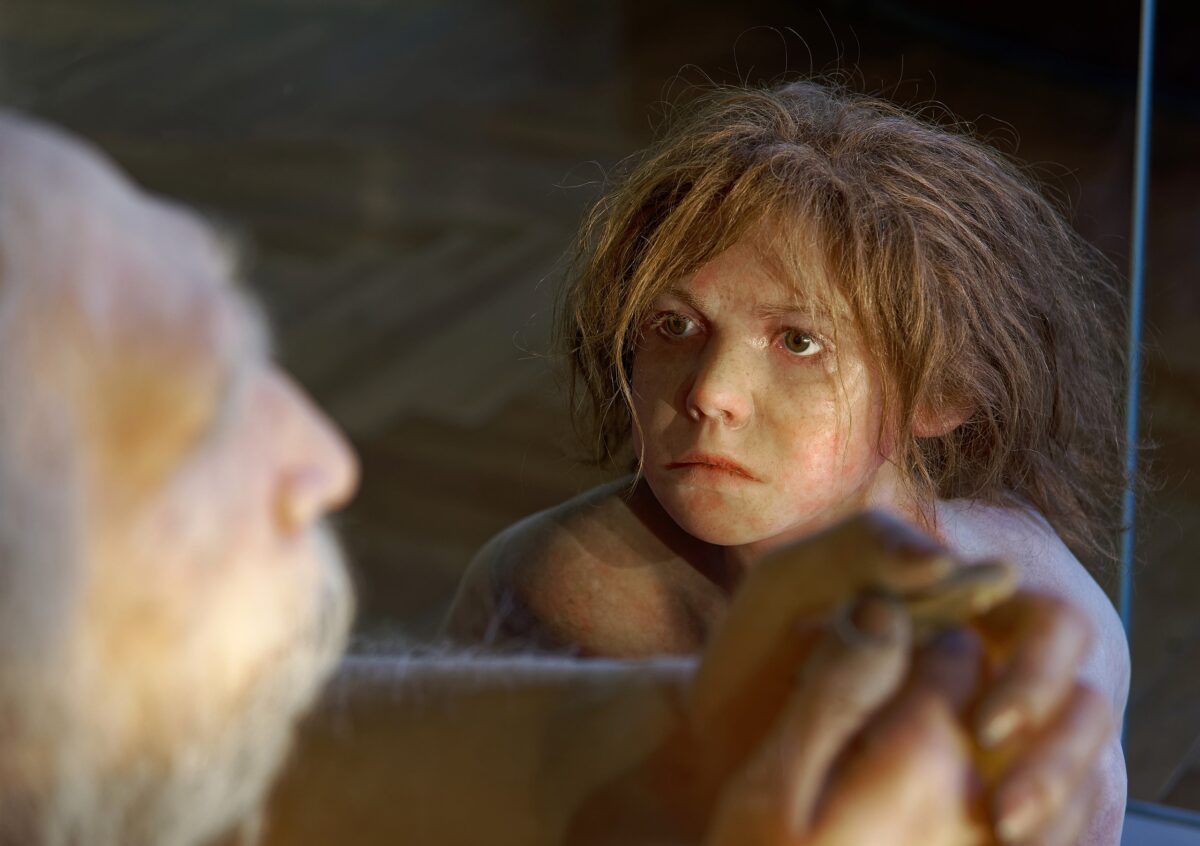
More Discoveries Point to Neanderthal Intelligence
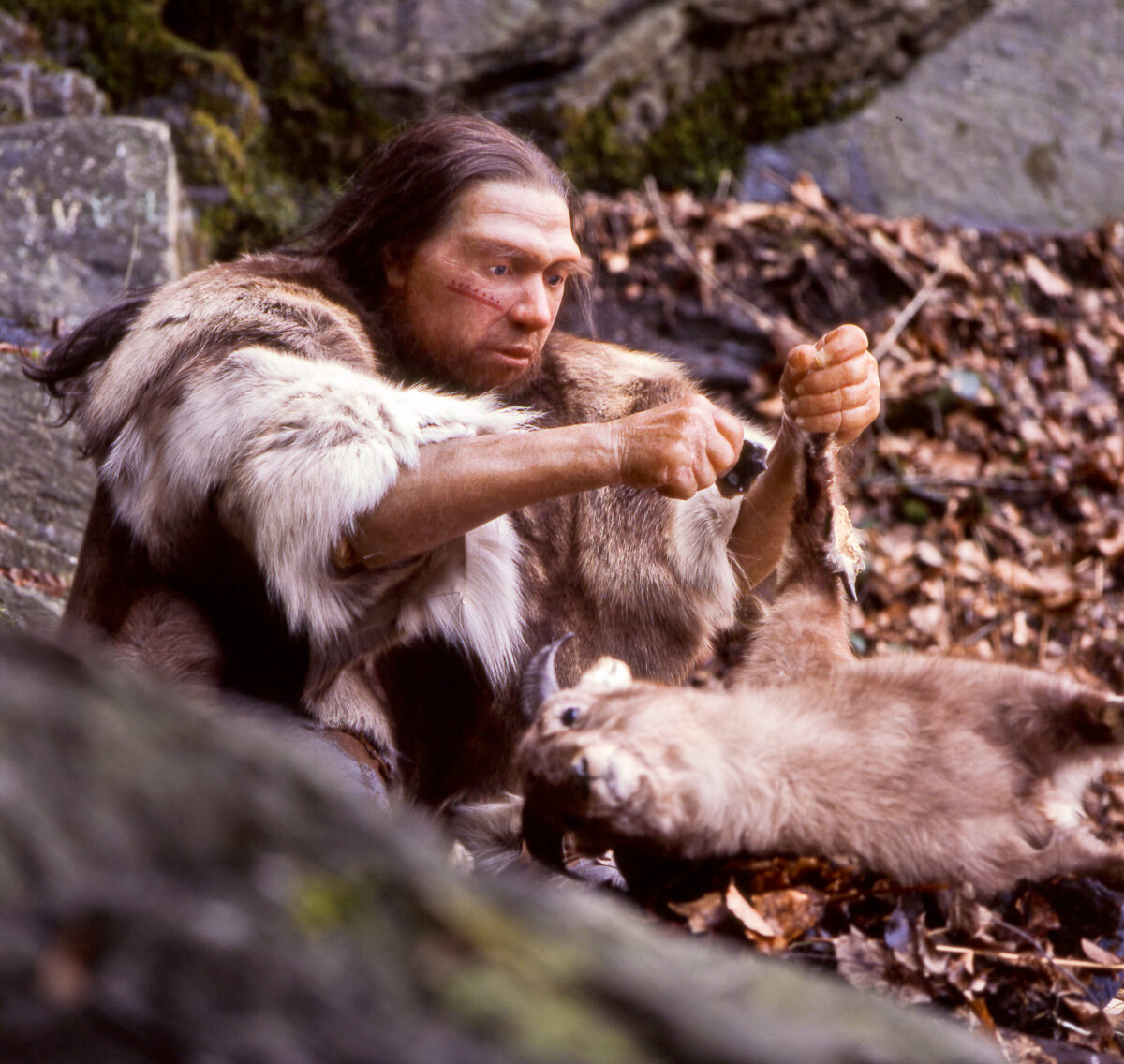
The Joy of (Neanderthal) Cooking
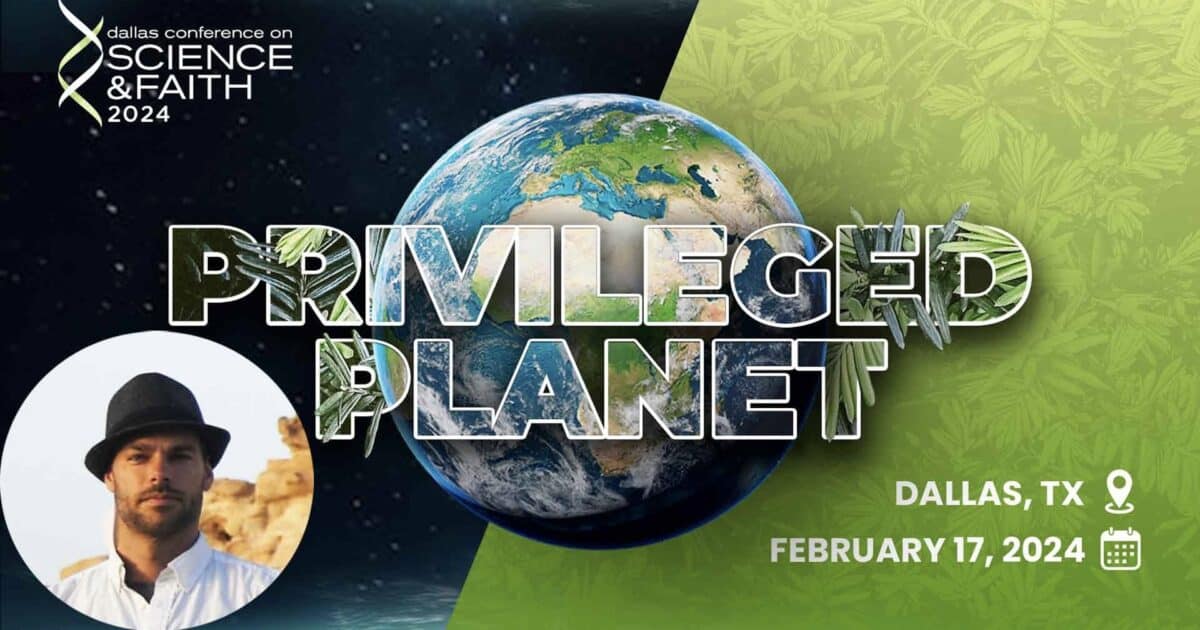
Dallas Conference: Archaeology & the Life of Jesus
History of Science
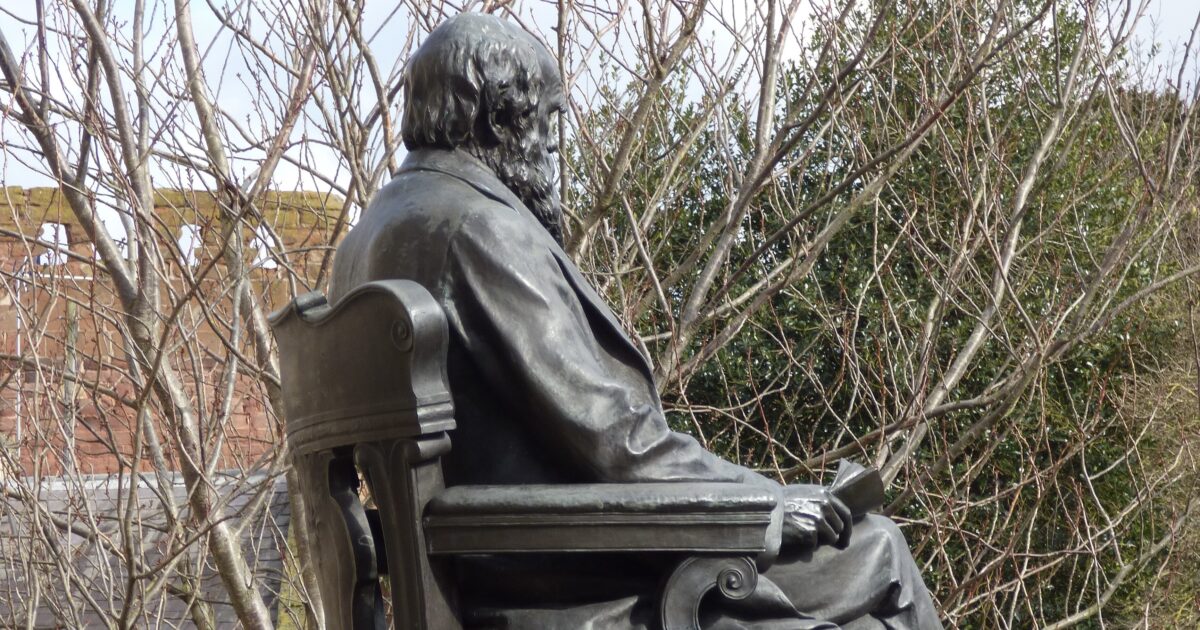
Darwin as a Prefiguration of Postmodern Man

The Legacy of Baruch Spinoza
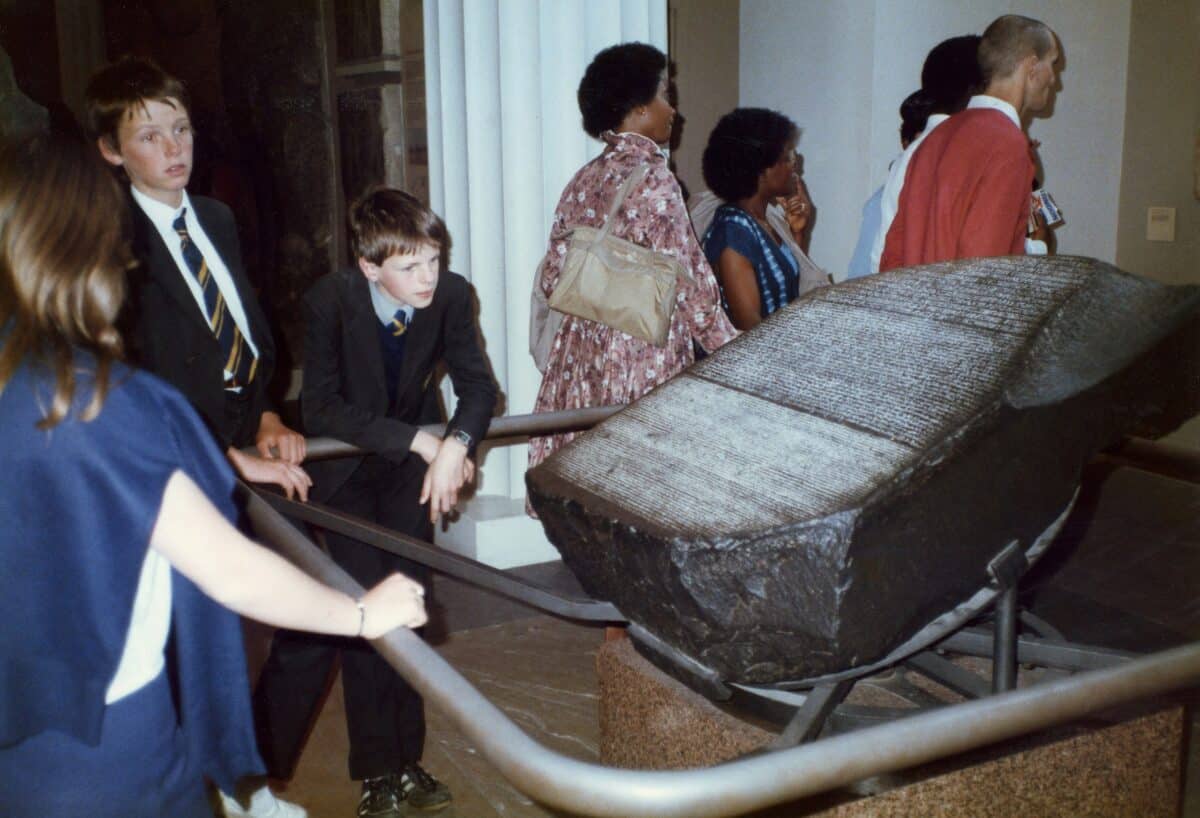
Conservation of Information: History of an Idea
Geology
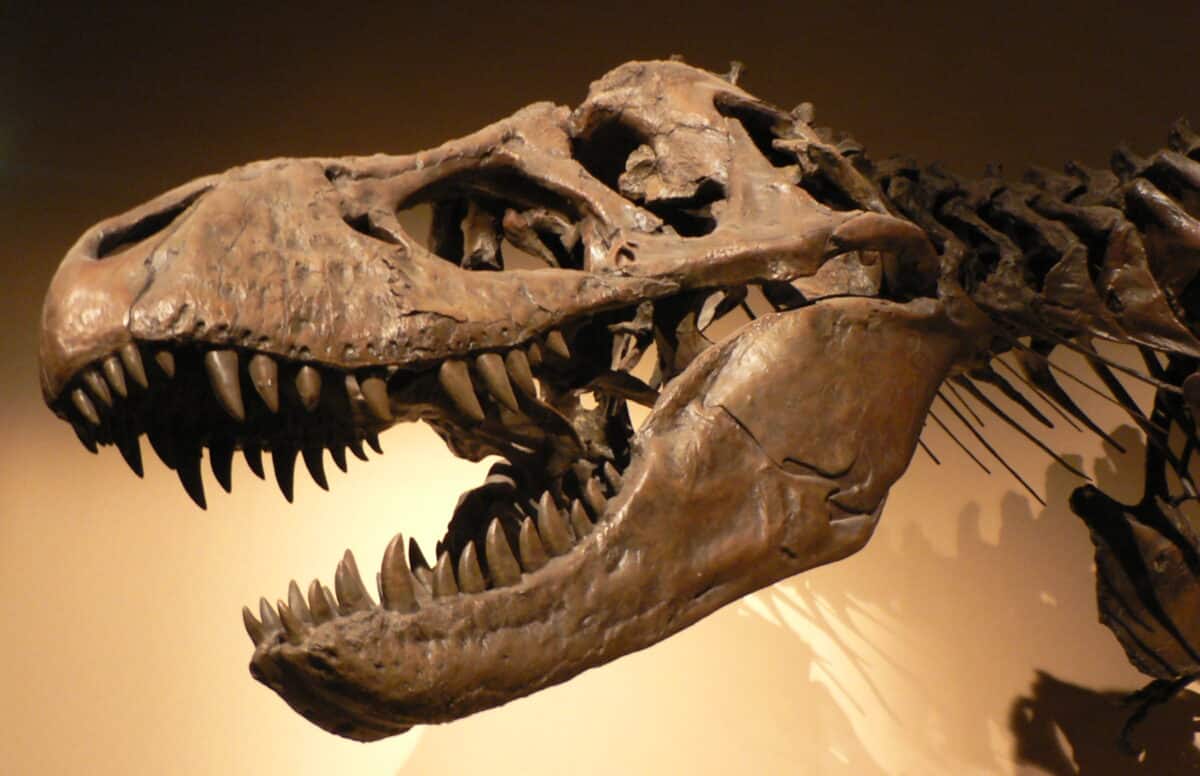
The Wonders of a Hard Mineral
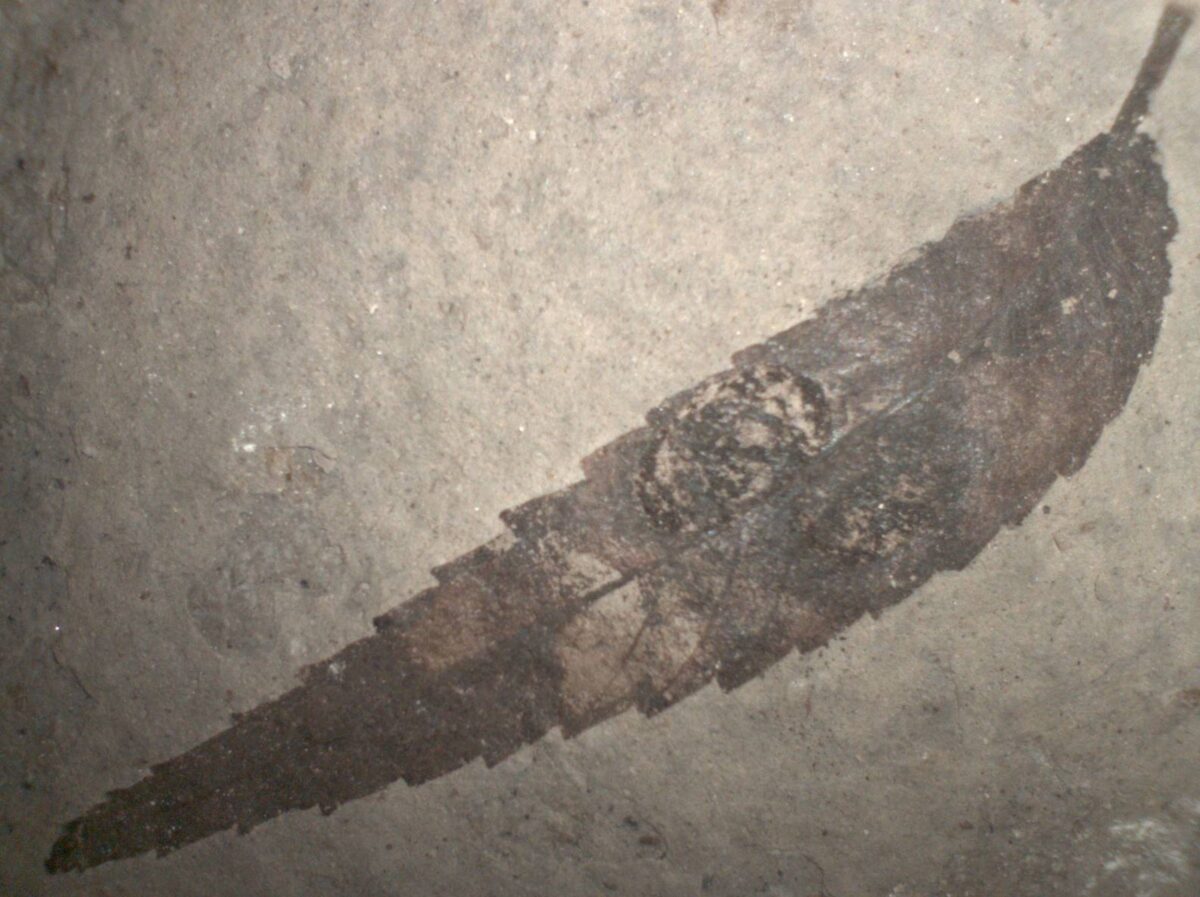
Plate Tectonics and Scientific Discovery
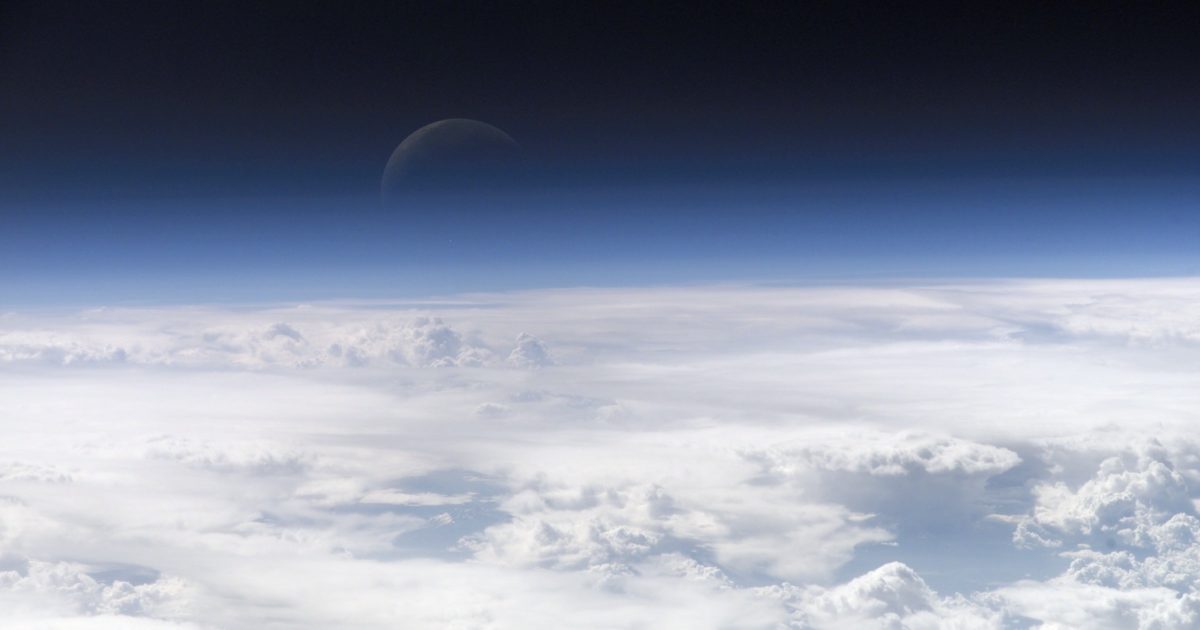
Luskin: Our Intelligently Designed Planet
Life Sciences
Life Sciences

Fireweed: An Example of Intelligent Latent Design

Biological Information in Static Electricity
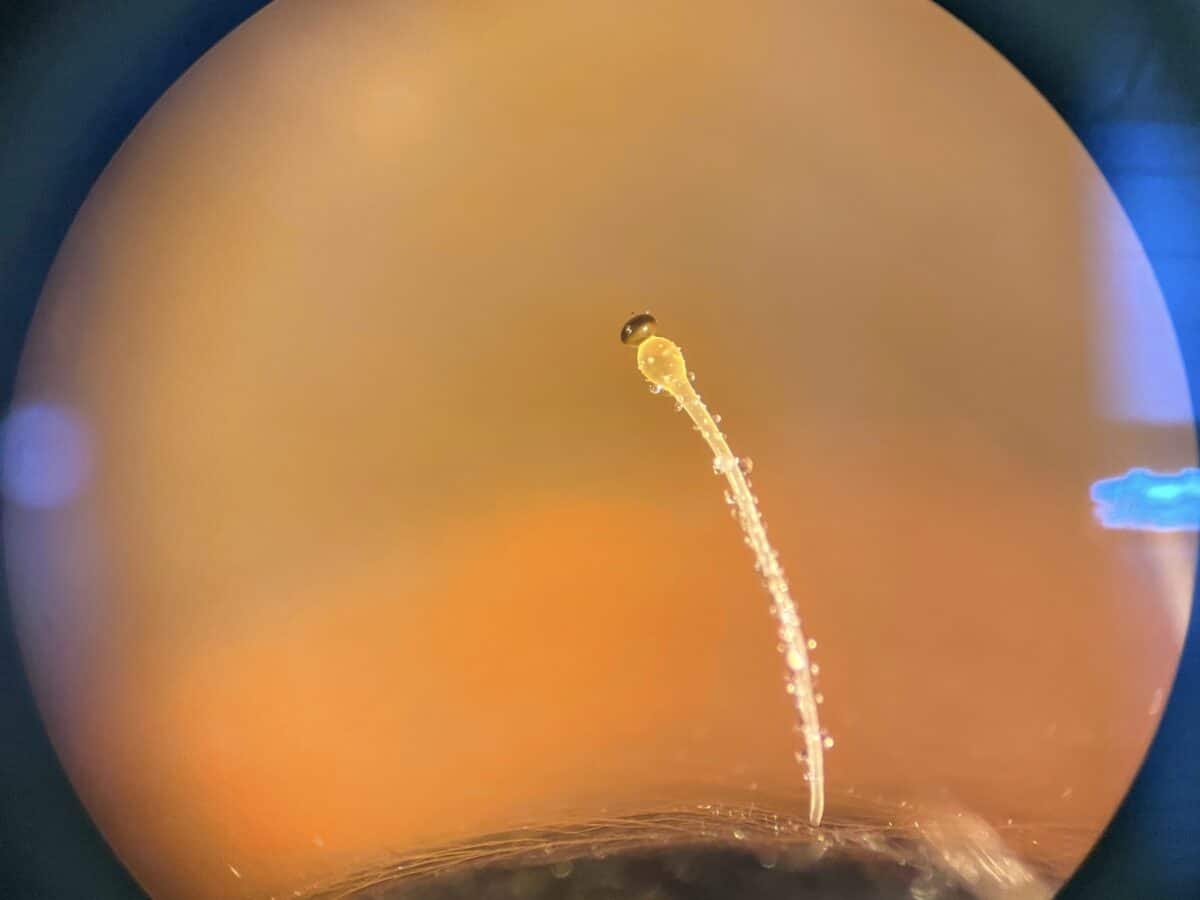
Plant Missile Technology: A Peek in the Armory
Neuroscience

Looking for Consciousness in the "Wrong Part"?
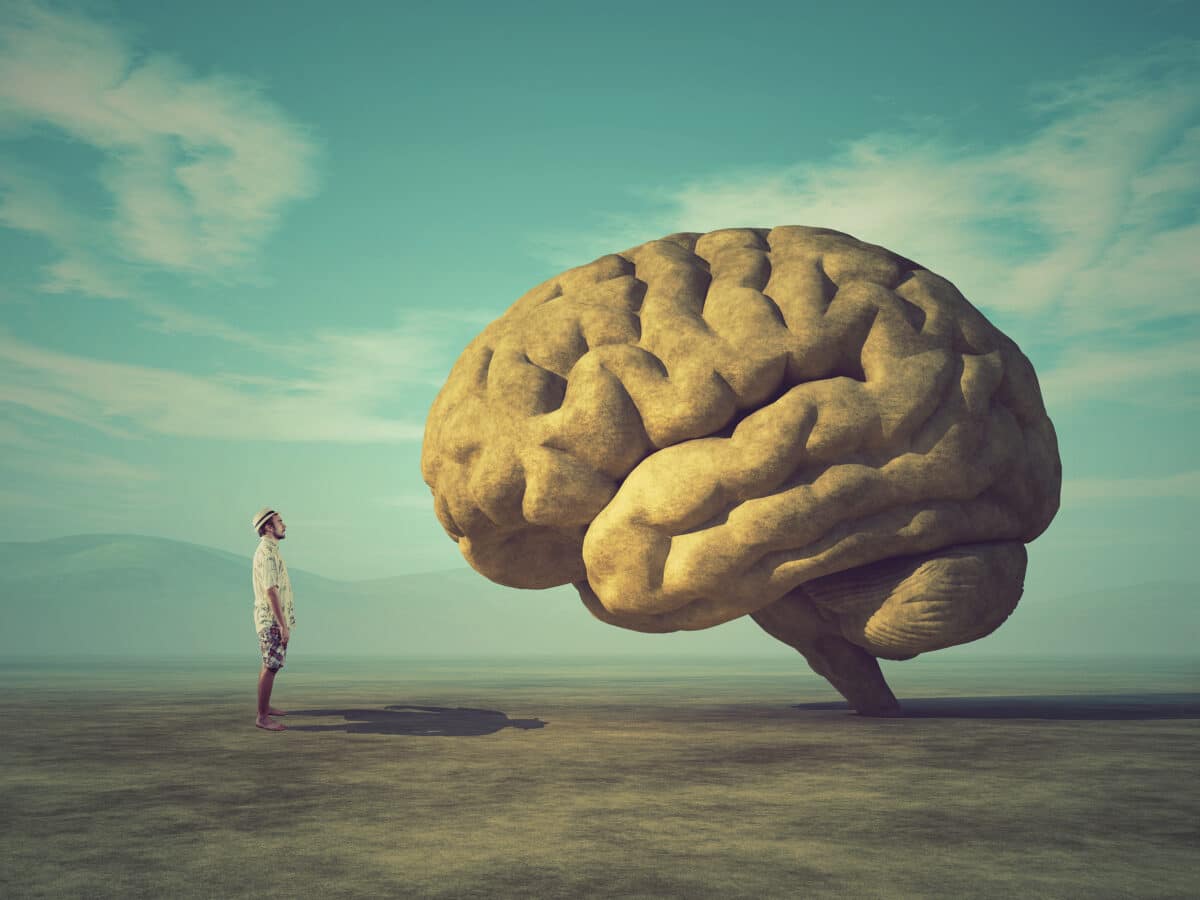
Who Are You Talking to When You Talk to Yourself?

The Cost of Defending Materialism Is Rising
Medicine
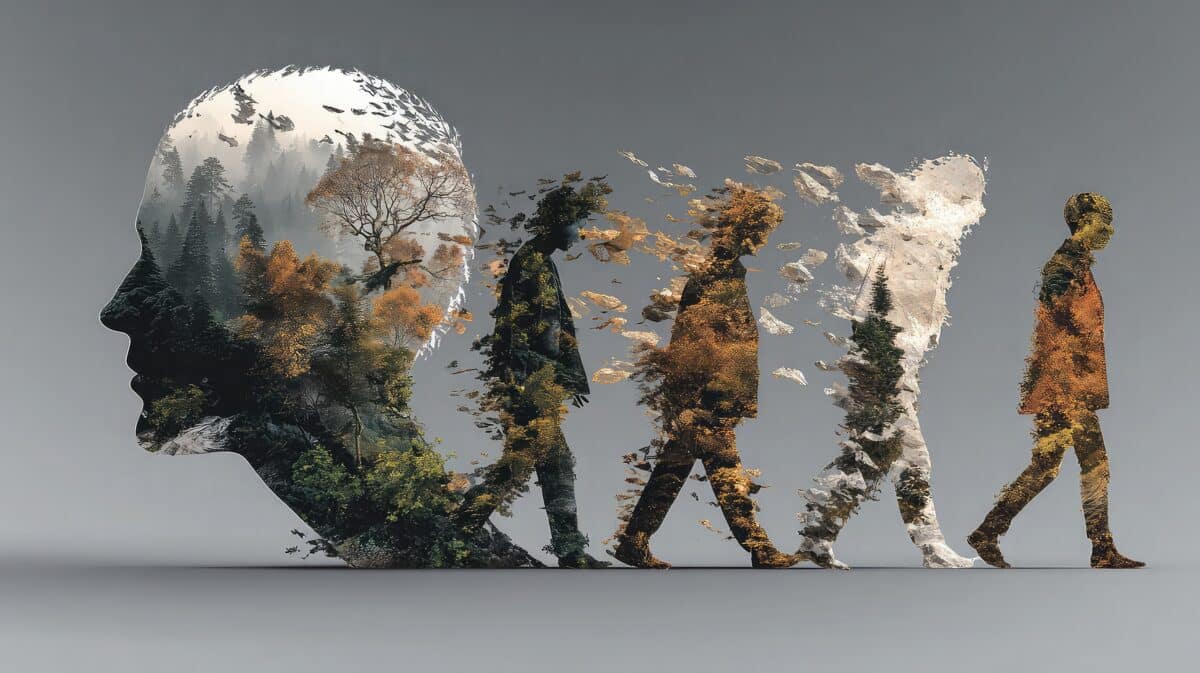
Consciousness and ID: Hear Dr. Simmons Tonight

Will We Care For or Kill Dementia Patients?

Killing for Organs — Who Could Possibly Object?
Biology

Life, Like Technology, Requires “Something More”

Eight Reasons Sex in Humans Is Binary
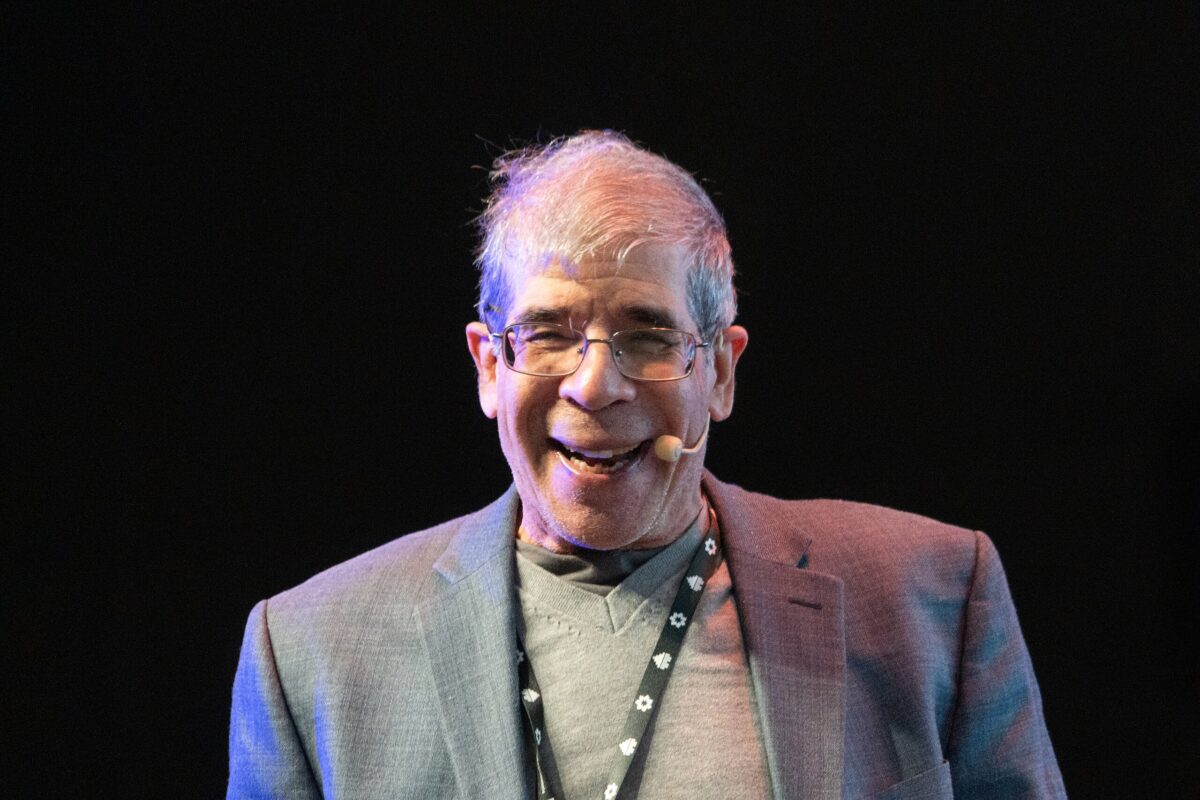
An Evolutionist Decries Private Truth
Physical Sciences
Physics

Nature's Missing Law of Information

How Modern Physics Reveals Purpose in the Universe

Rational Arguments for Design in the Universe
Chemistry
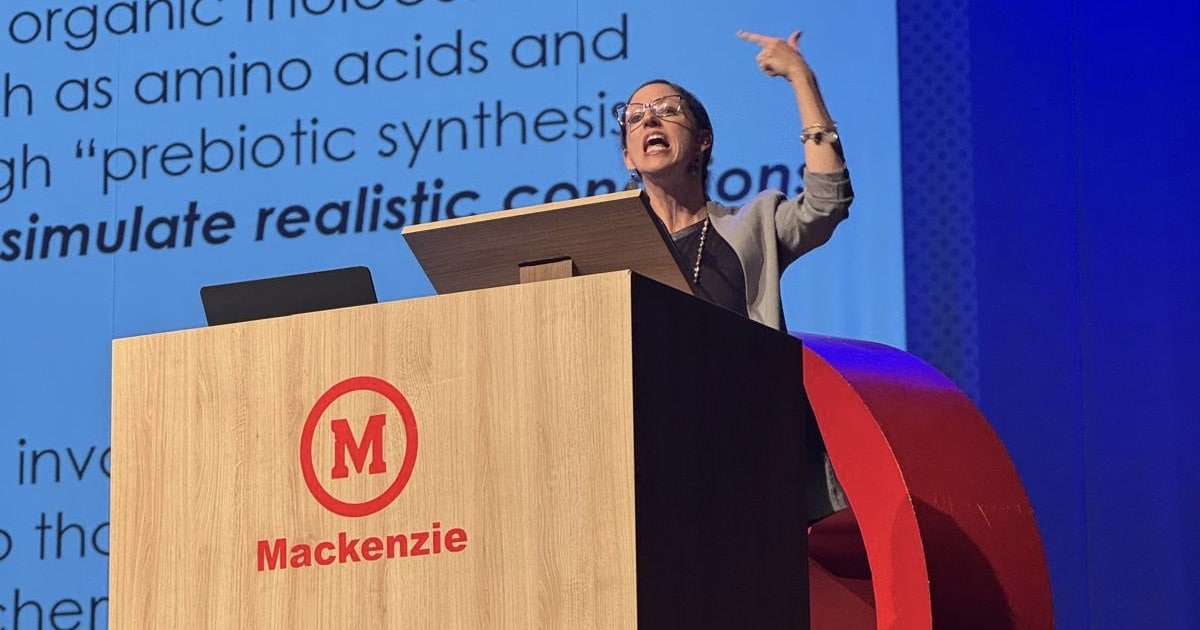
Postcard from São Paulo
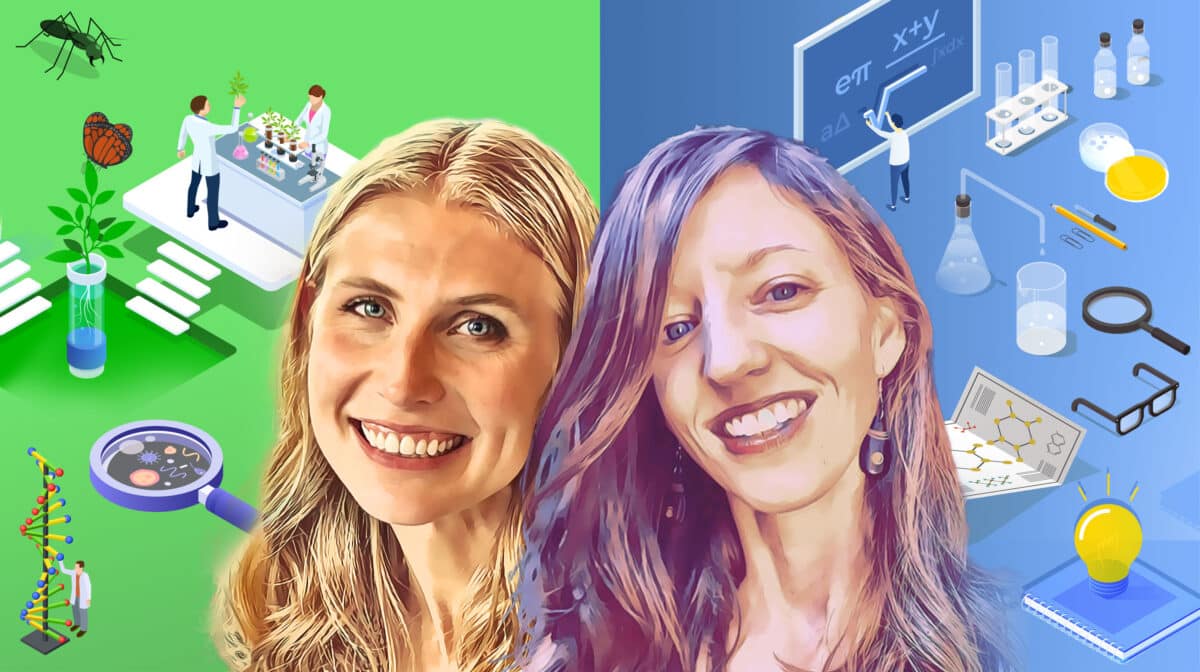
Homeschool High‑School Science Courses
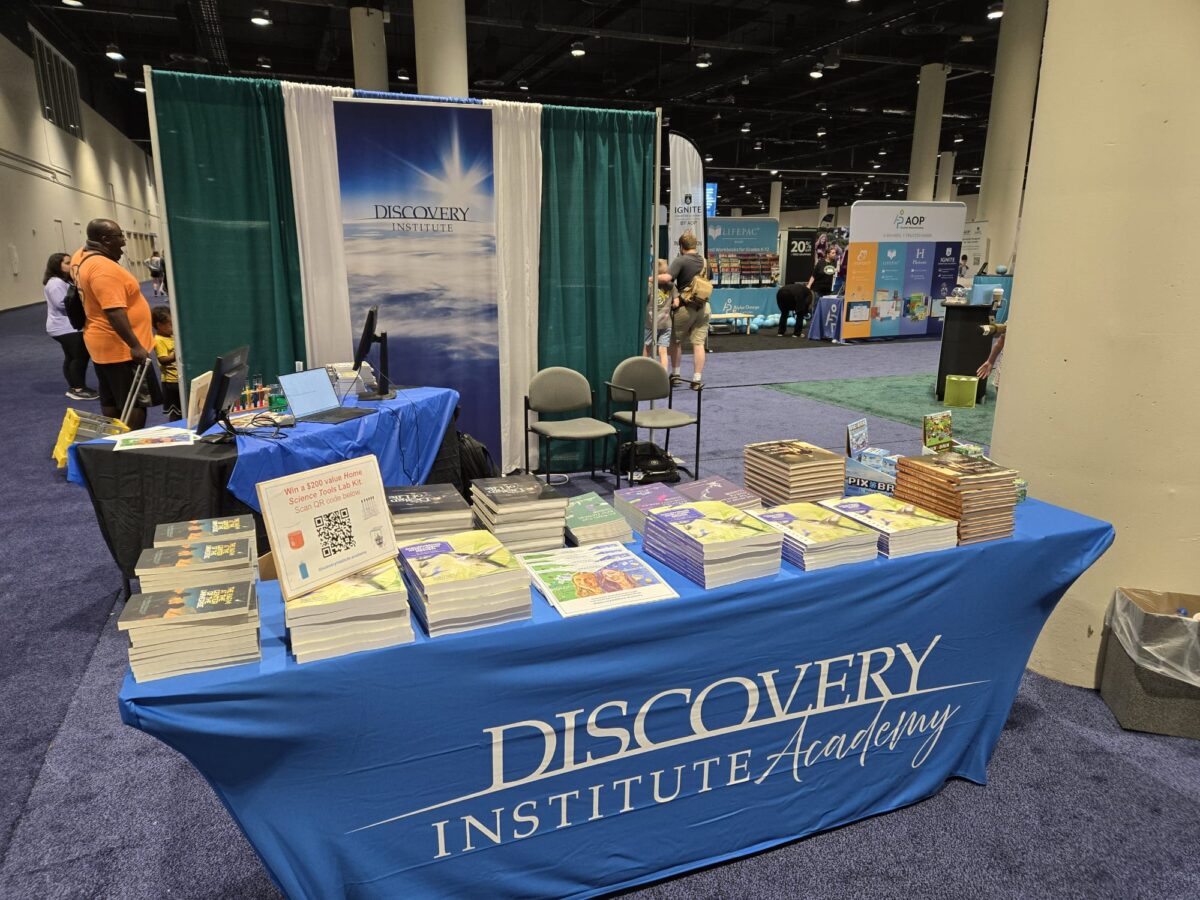
DI Academy “Meet the Teachers” Zoom
Astronomy
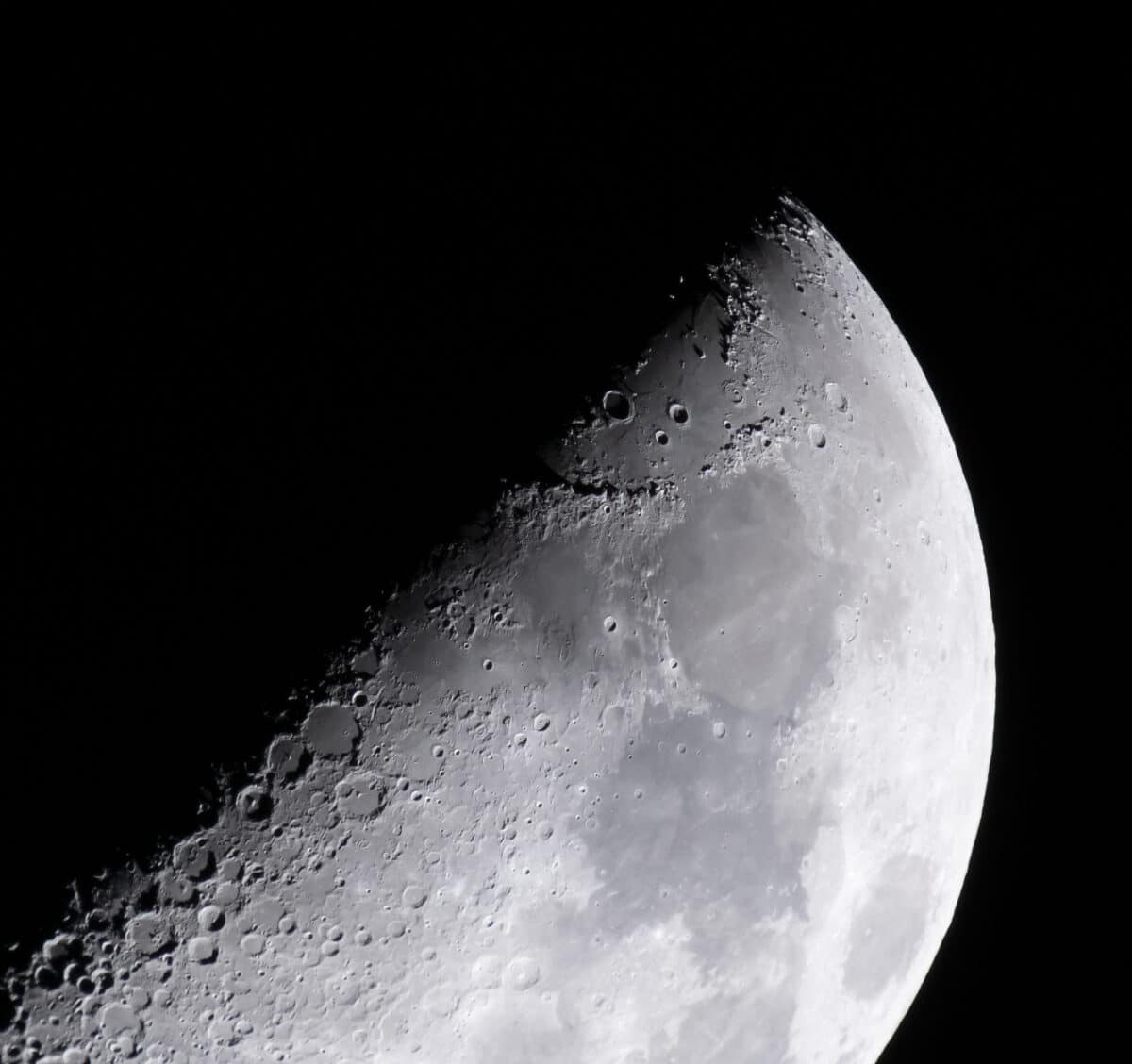
Rights for Planets, Moons, and Space Microbes?
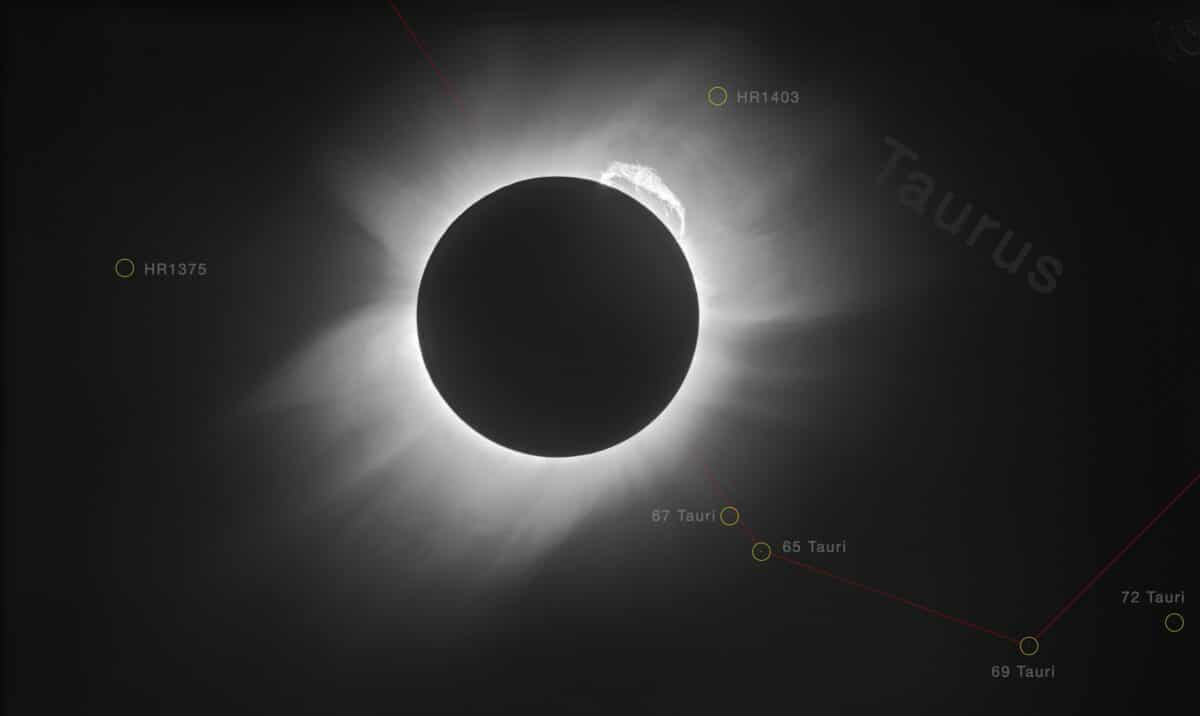
An Icon of Intelligent Design
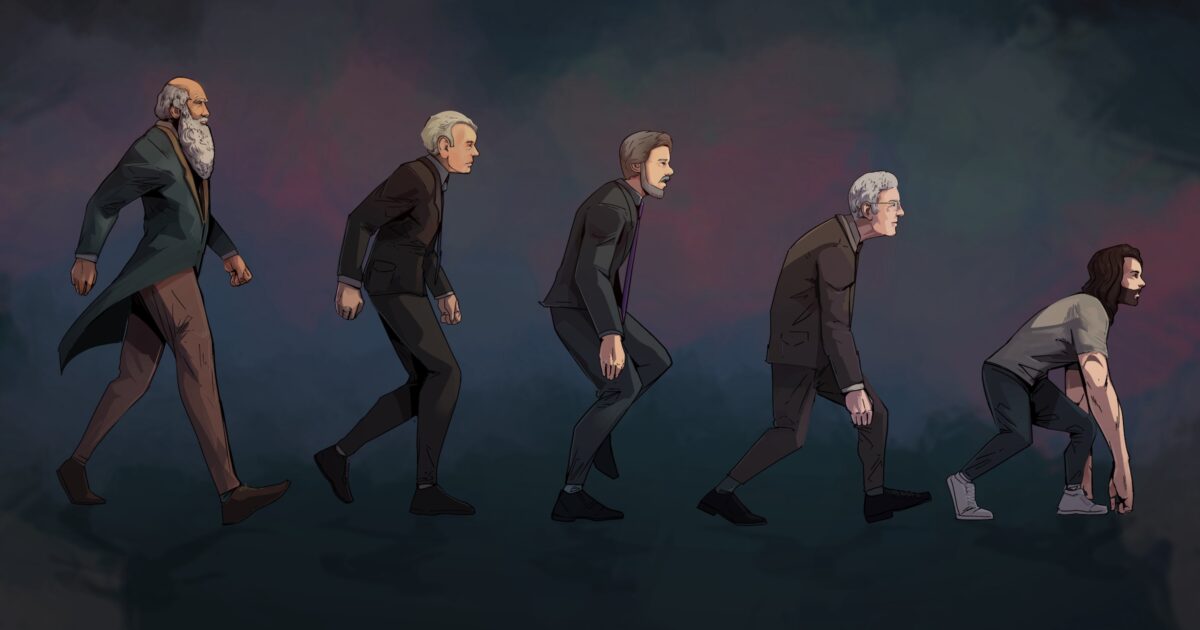
Dave Farina Gives Avi Loeb the Hamas Treatment
Fine-Tuning

Geometric Design in the Solar System

We Are Children of Light and Water
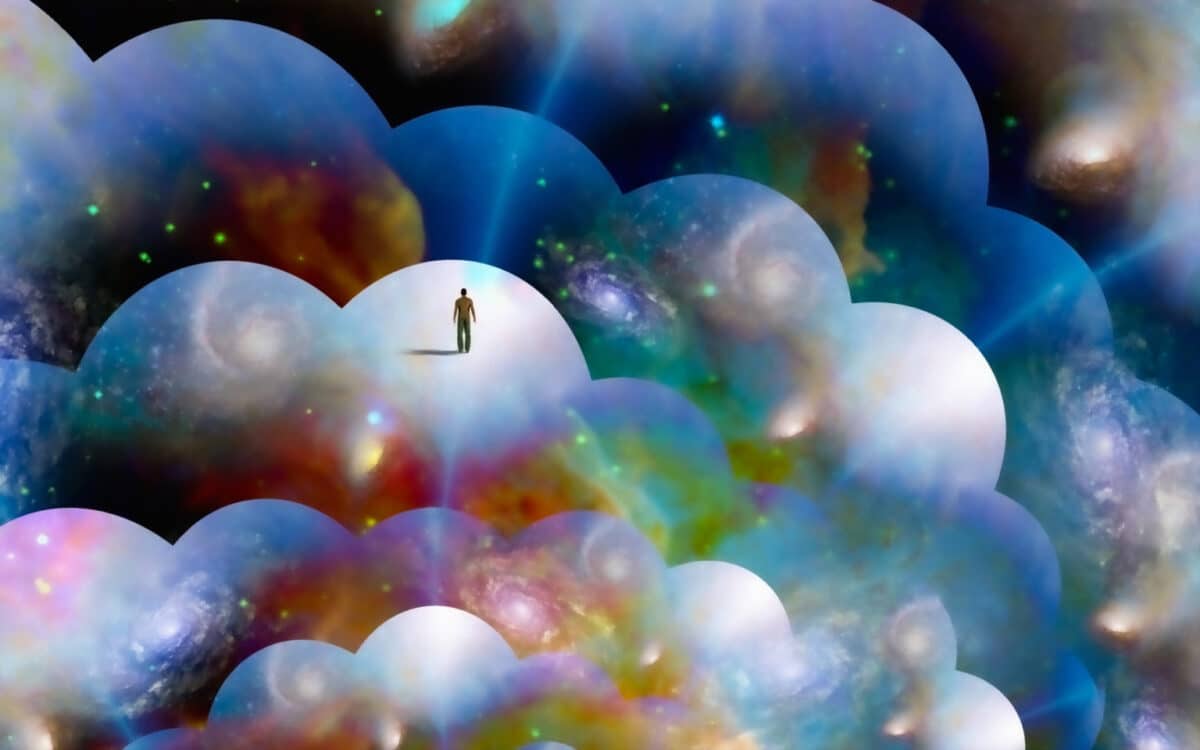
The "Nature of the Universe" Puzzles Physicists
Earth Sciences
Geophysics

Aurora Borealis: Scientific and Aesthetic Design

Geoengineering on an Intelligently Designed Planet

No Iron, No Life: Design in Iron Availability
Environment

Great Science Cancellation Continues
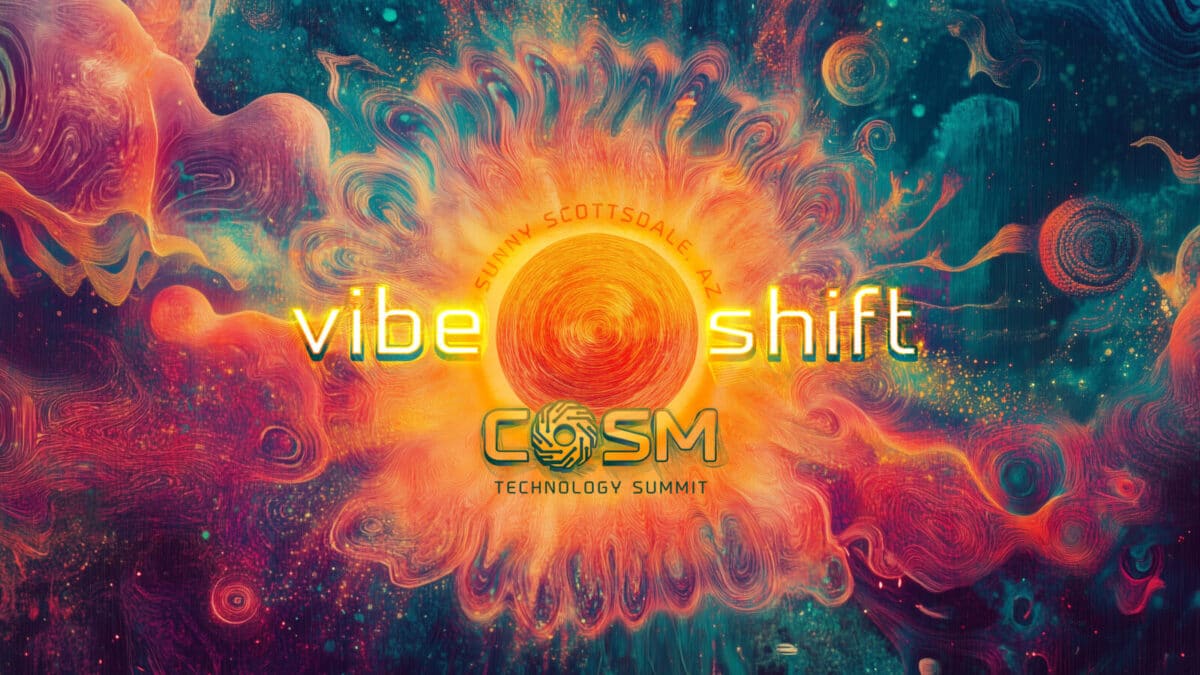
COSM Will Feature Nobel Laureate John F. Clauser

Put Mother Nature on the Board of Directors?
Rare Earth

Study: Geological Habitability Parameters
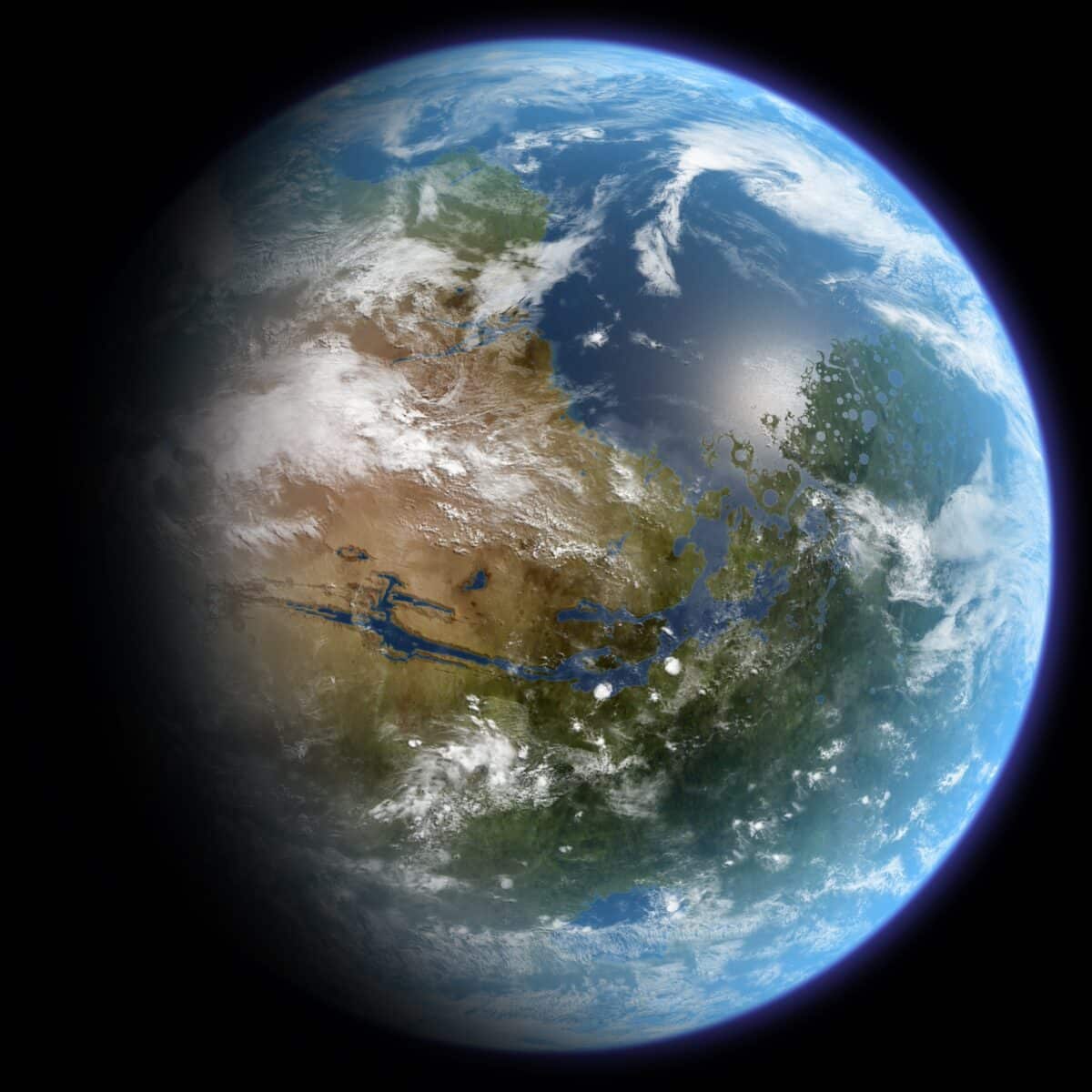
Earth and Mars — A Rare Gem and a Sharp Contrast
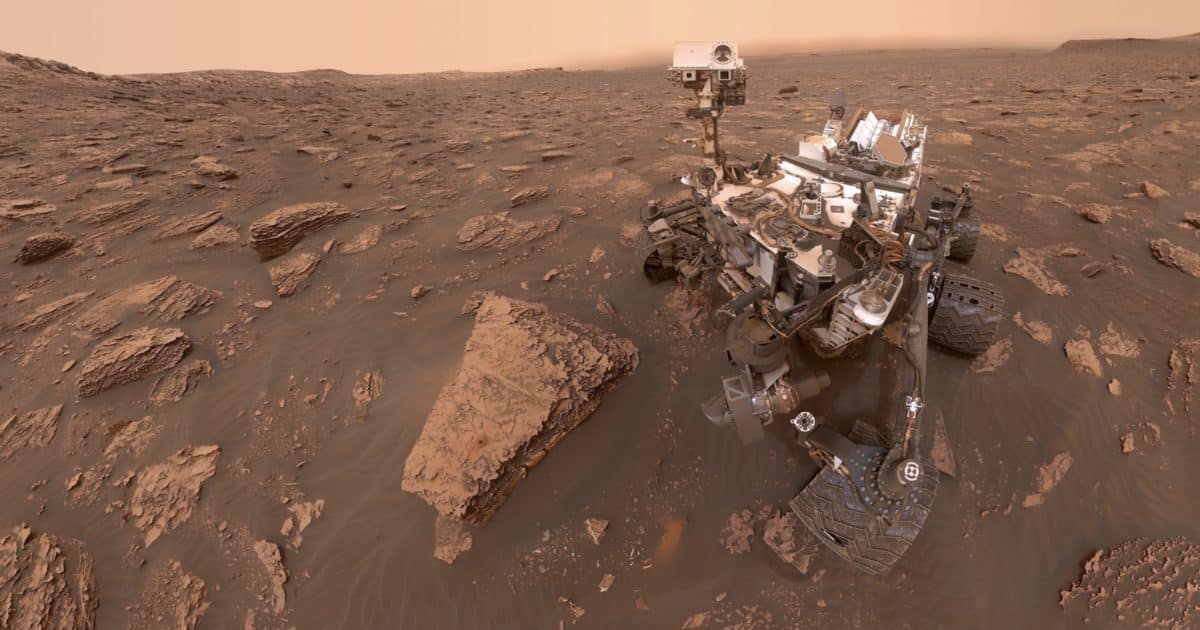
Rare Earth: How Vital Minerals "Evolve"
Planetology

Rights for Planets, Moons, and Space Microbes?
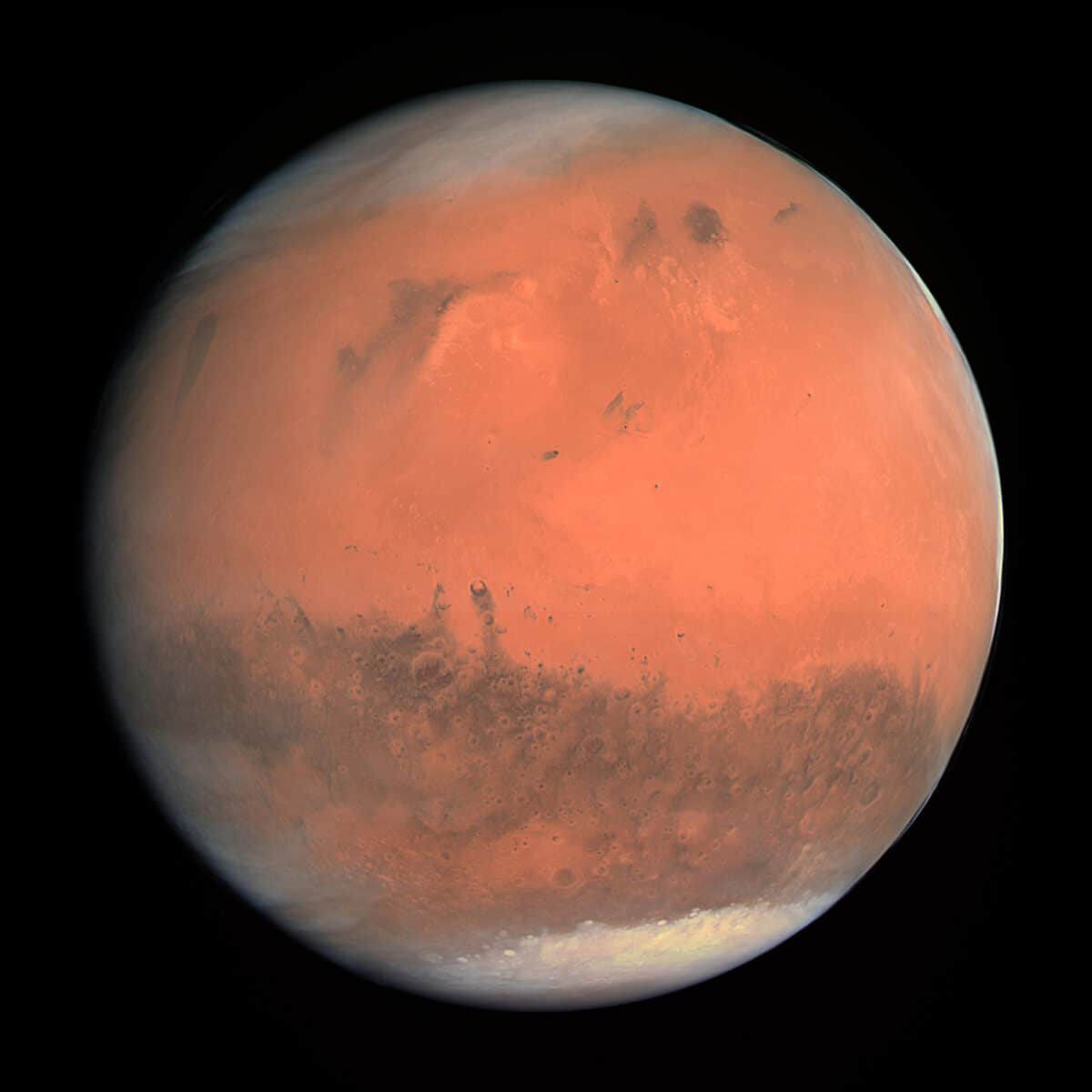
Hope for Mars Life Is Dashed Again

How NASA Might Change Soon
Culture
Human Exceptionalism
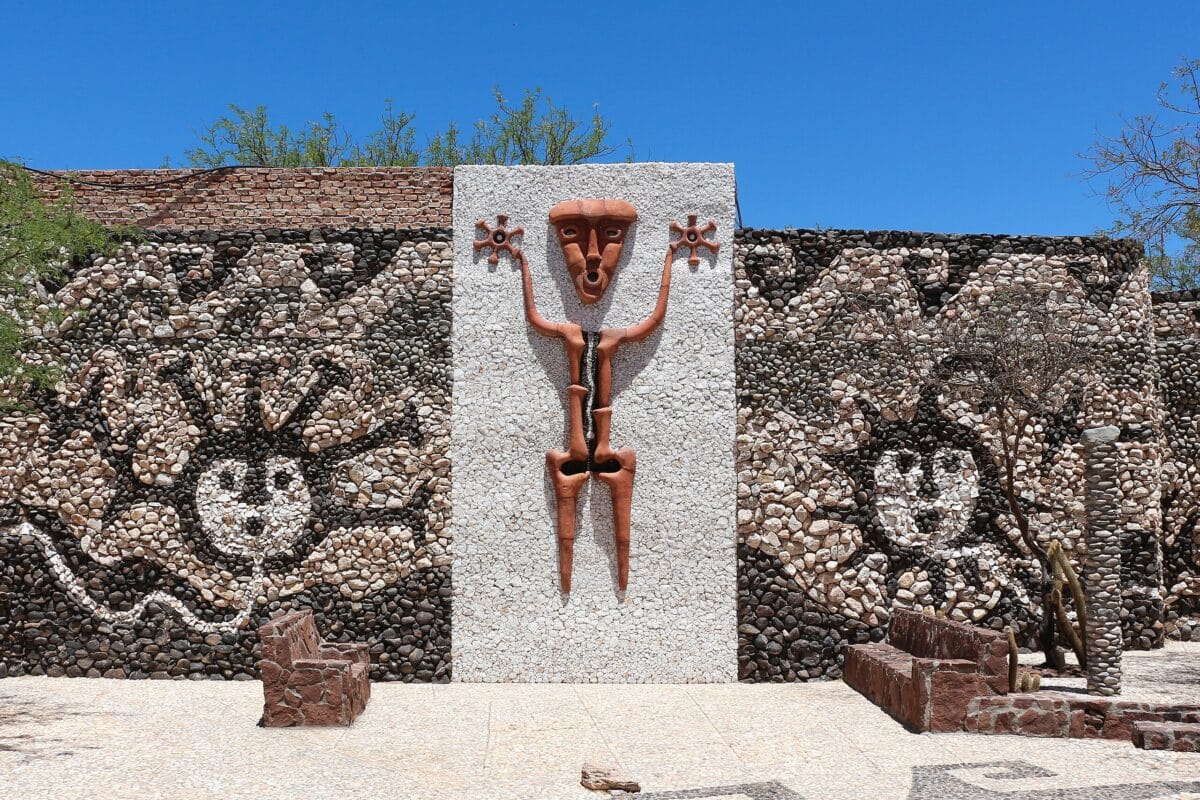
Nature Right Pushes Neo-Pagan Mysticism
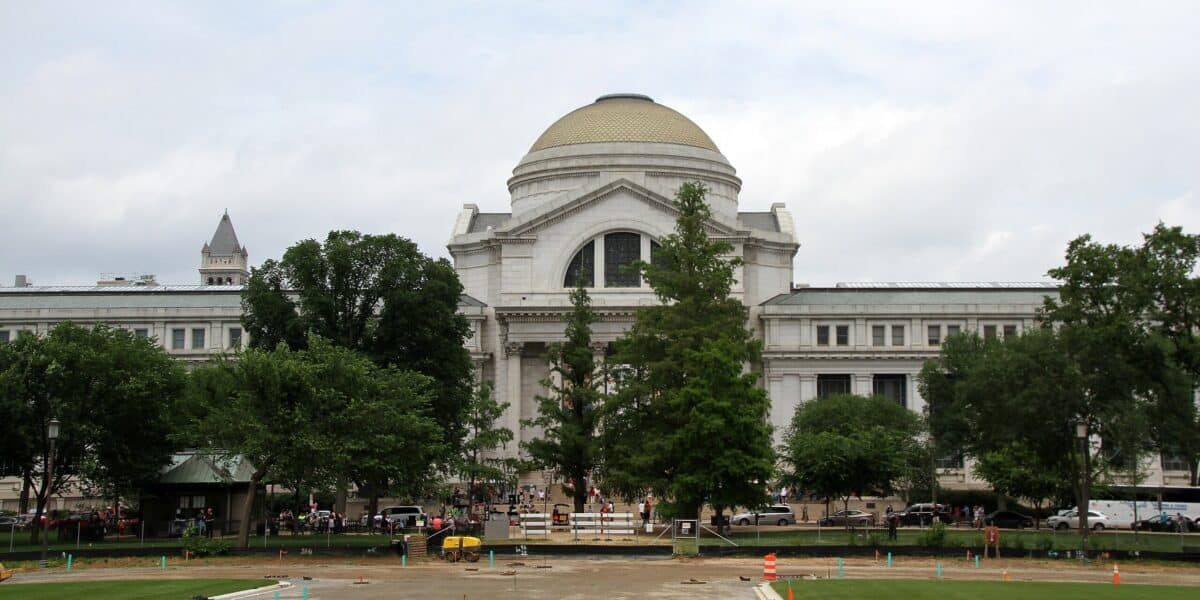
Smithsonian Denigrates the Human Race
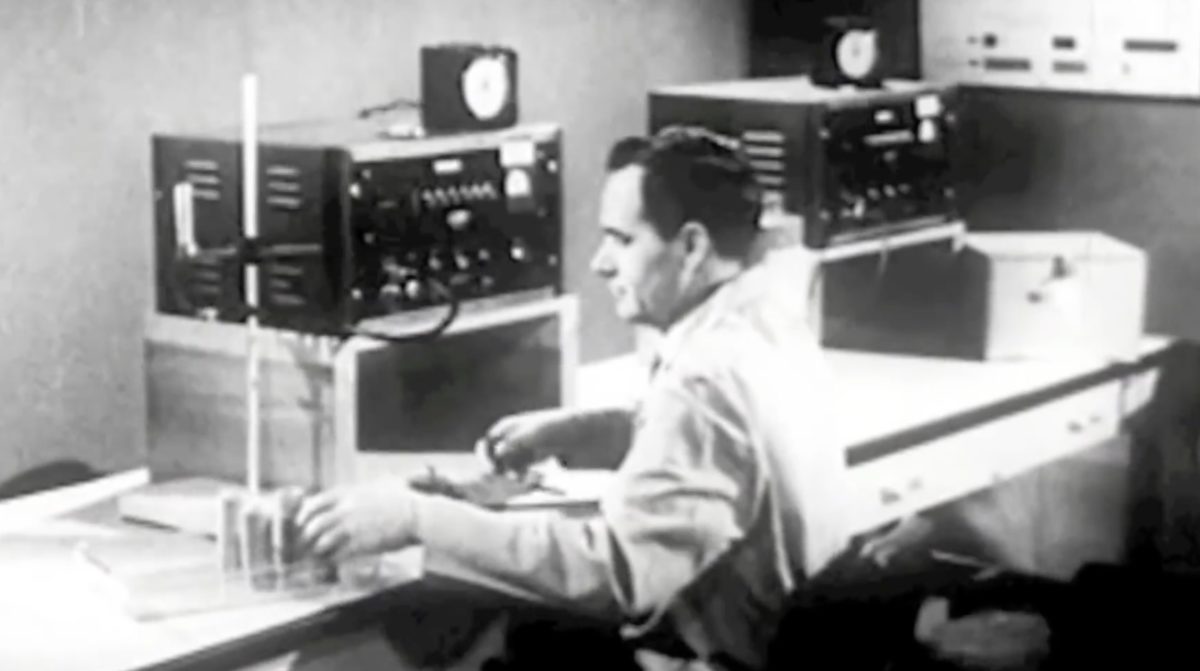
C. S. Lewis and the Advent of the Posthuman
Arts
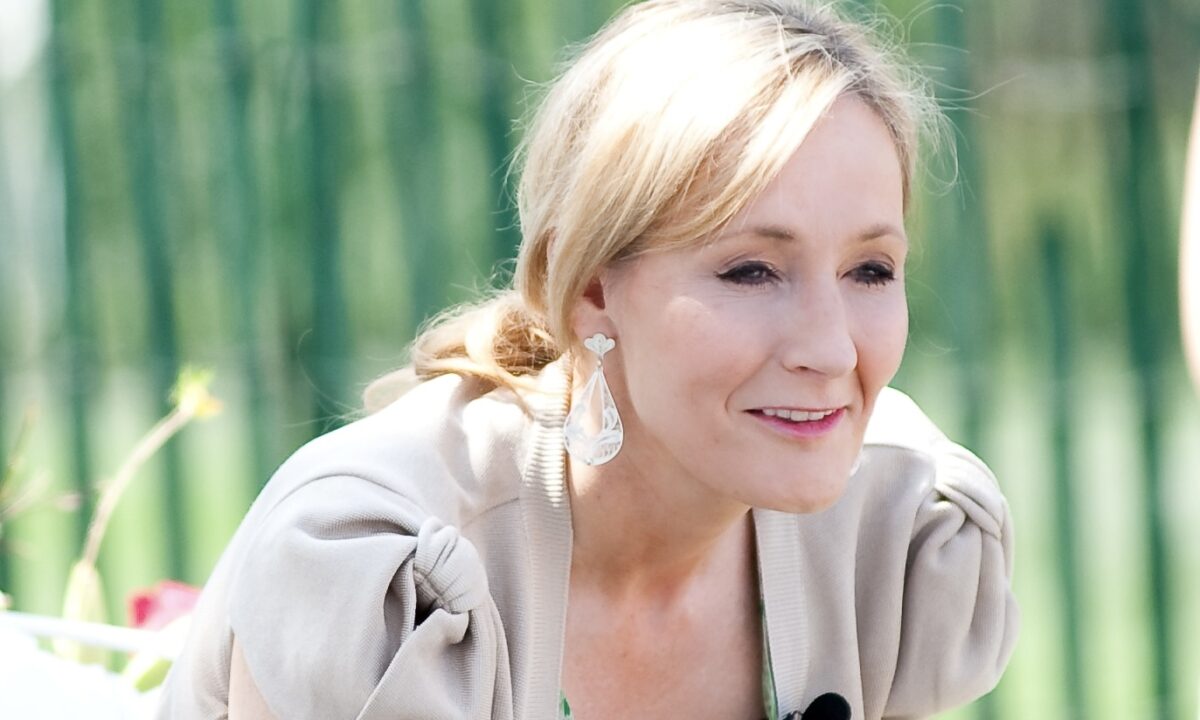
J. K. Rowling Comes Out Against Assisted Suicide
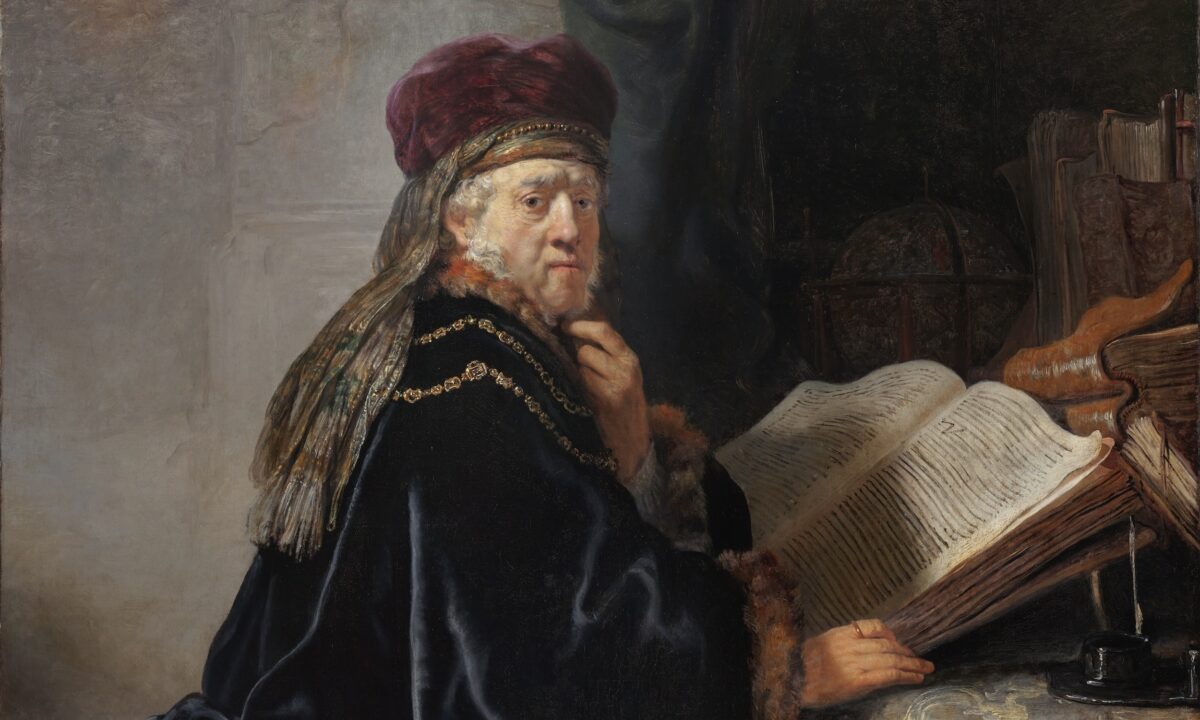
Darwin, Faust, and the Alchemist: Unexpected Roots

Life, Like Technology, Requires “Something More”
Ethics

Rights for Planets, Moons, and Space Microbes?

J. K. Rowling Comes Out Against Assisted Suicide

Now It's Science Fraud in...Mathematics?
Social Sciences

Can Evolution Explain Altruism or Heroism?
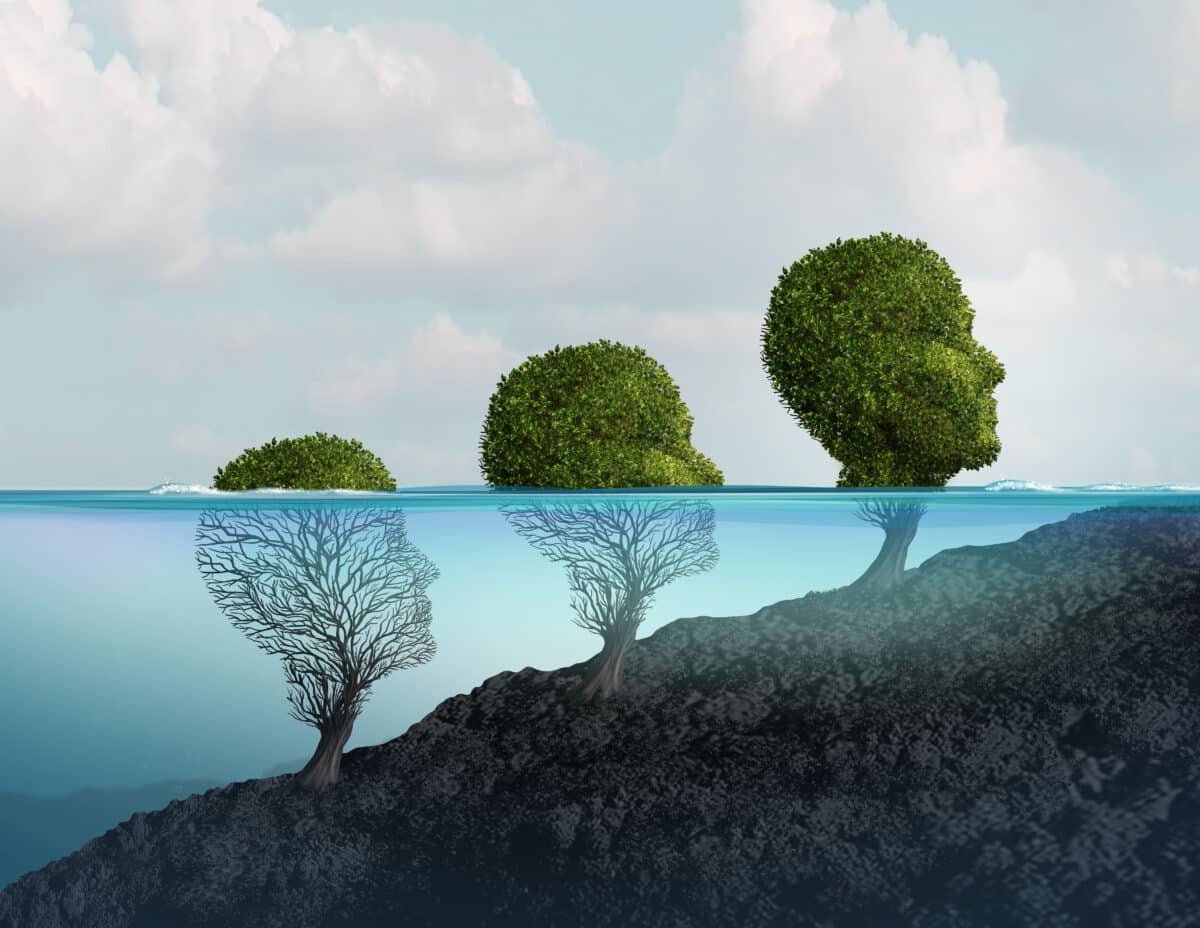
If You Want Creative Storytelling, Look No Further

Who Are You Talking to When You Talk to Yourself?
Faith and Science

Science Points to God; Scientists Listen
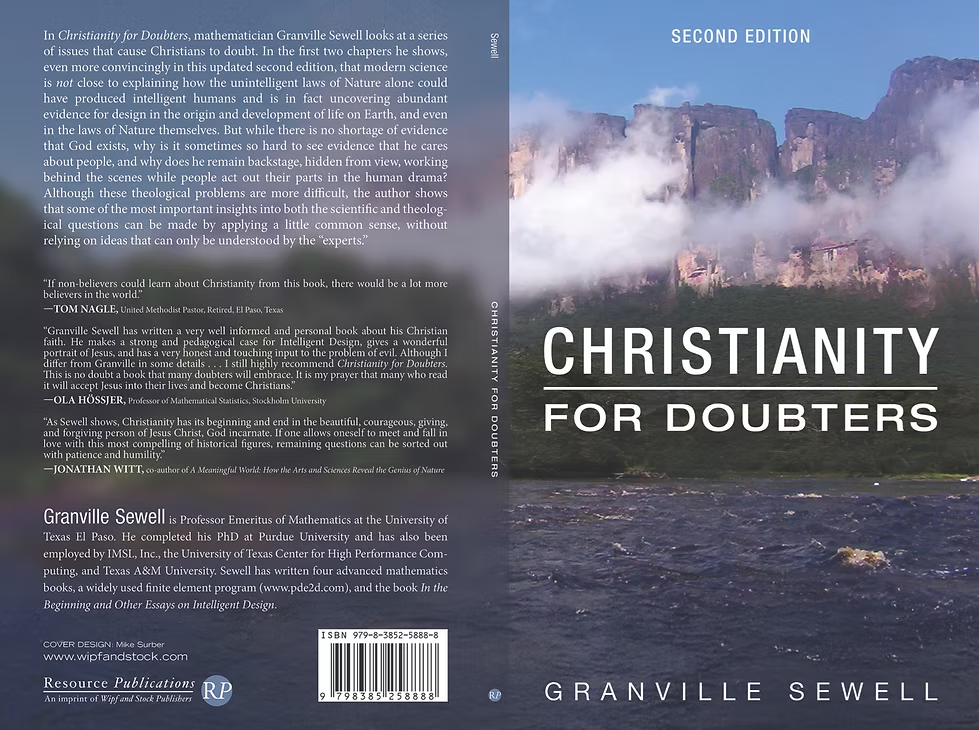
Second Edition of Granville Sewell's Book Is Out
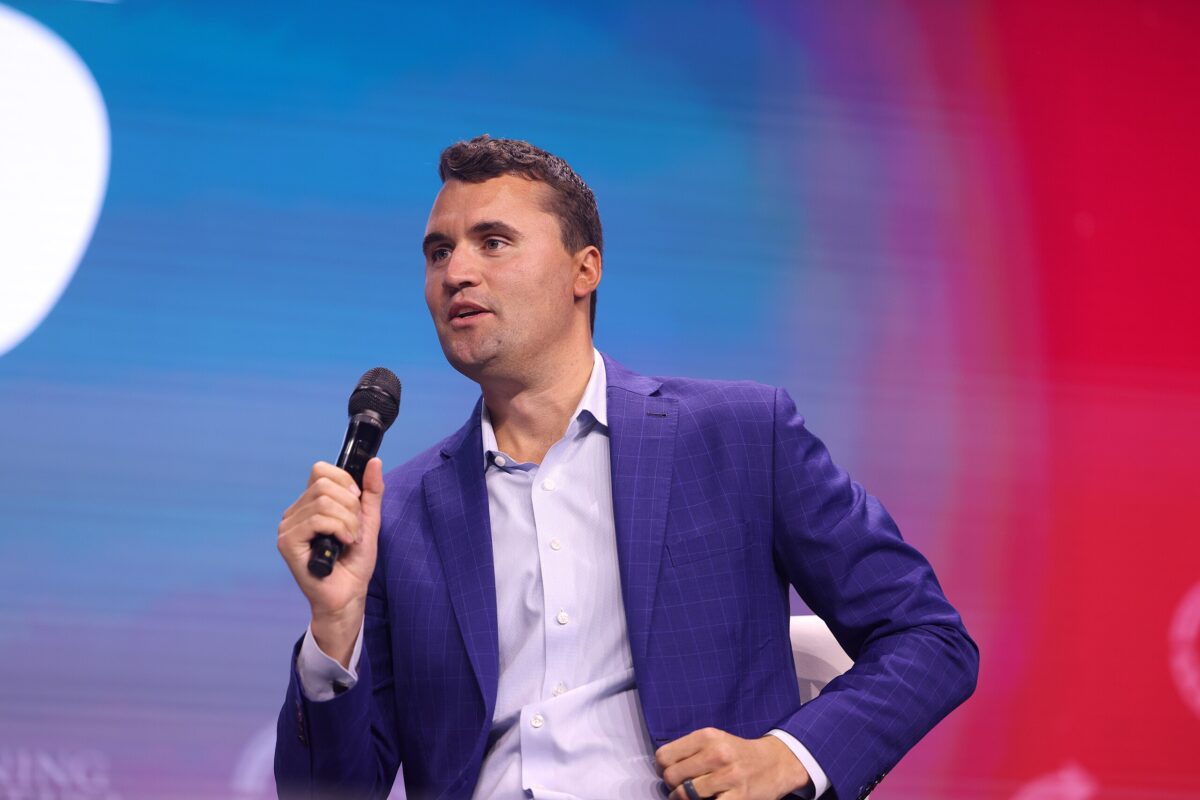
Murdered in Dialogue with College Students
Science Education

ID Education Day Is Coming to Tacoma, November 6!

Homeschool High‑School Science Courses

DI Academy “Meet the Teachers” Zoom
Scientific Freedom
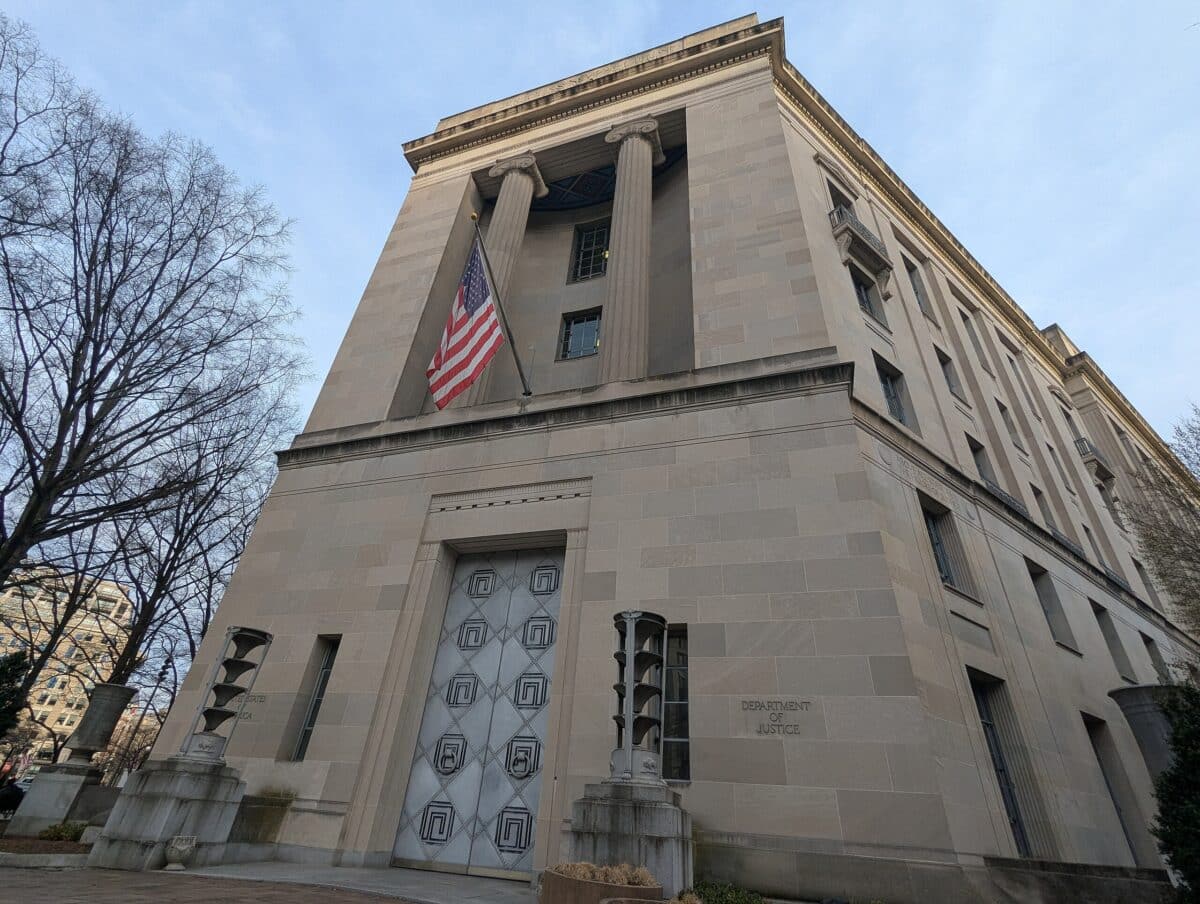
The Wrong Tool to Fix Woke Science Journals
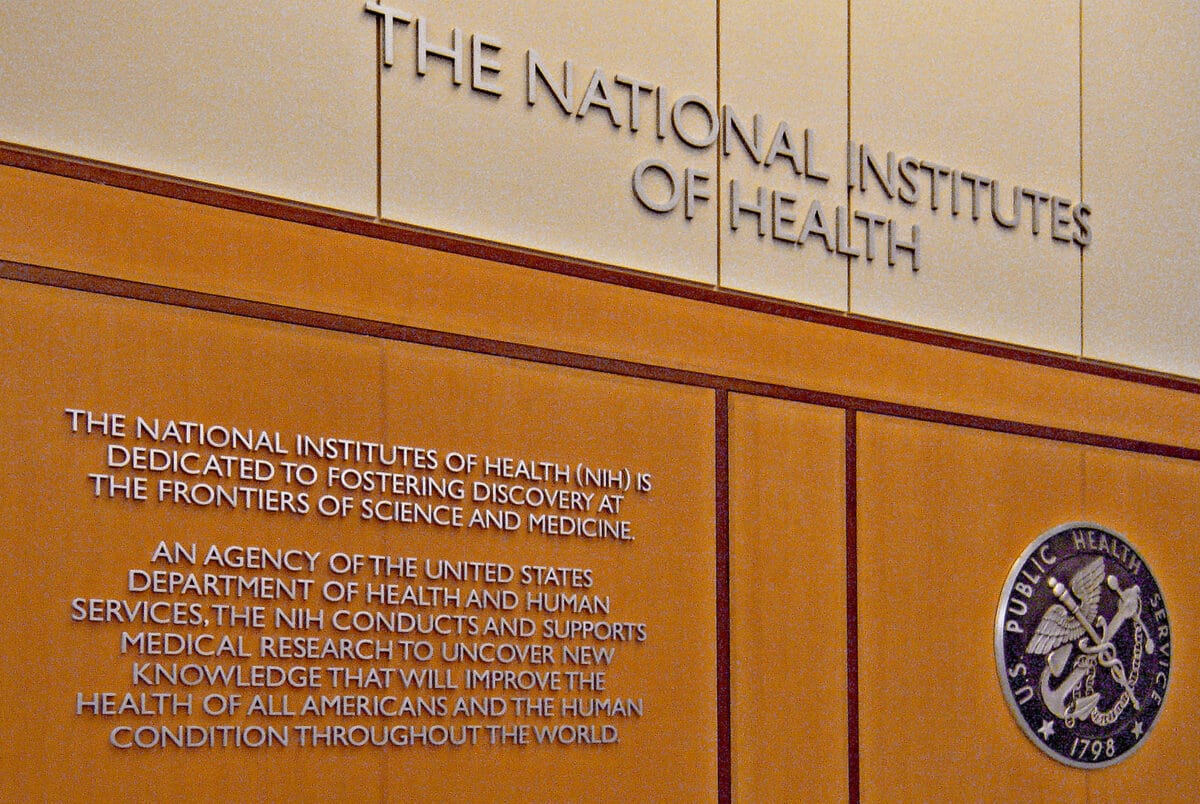
Hysteria in the Science Sector Over DOGE

Stand Up for Science or... for Naked Ideology?
Science Reporting
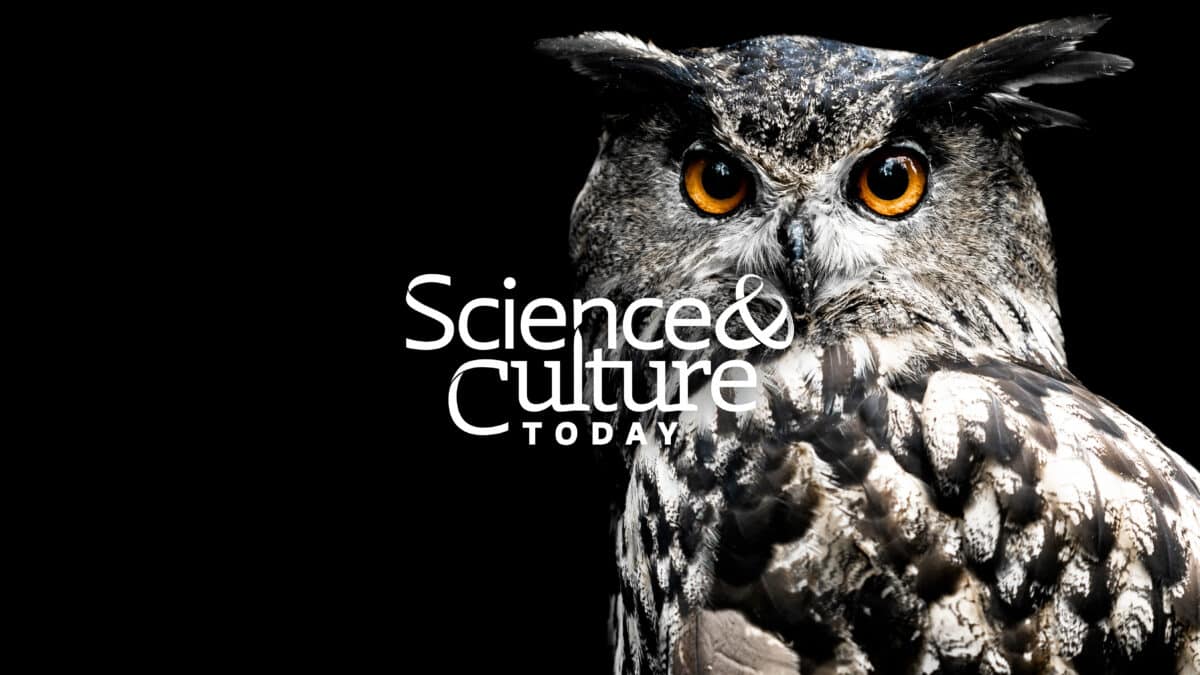
On the Origin of Our New Name
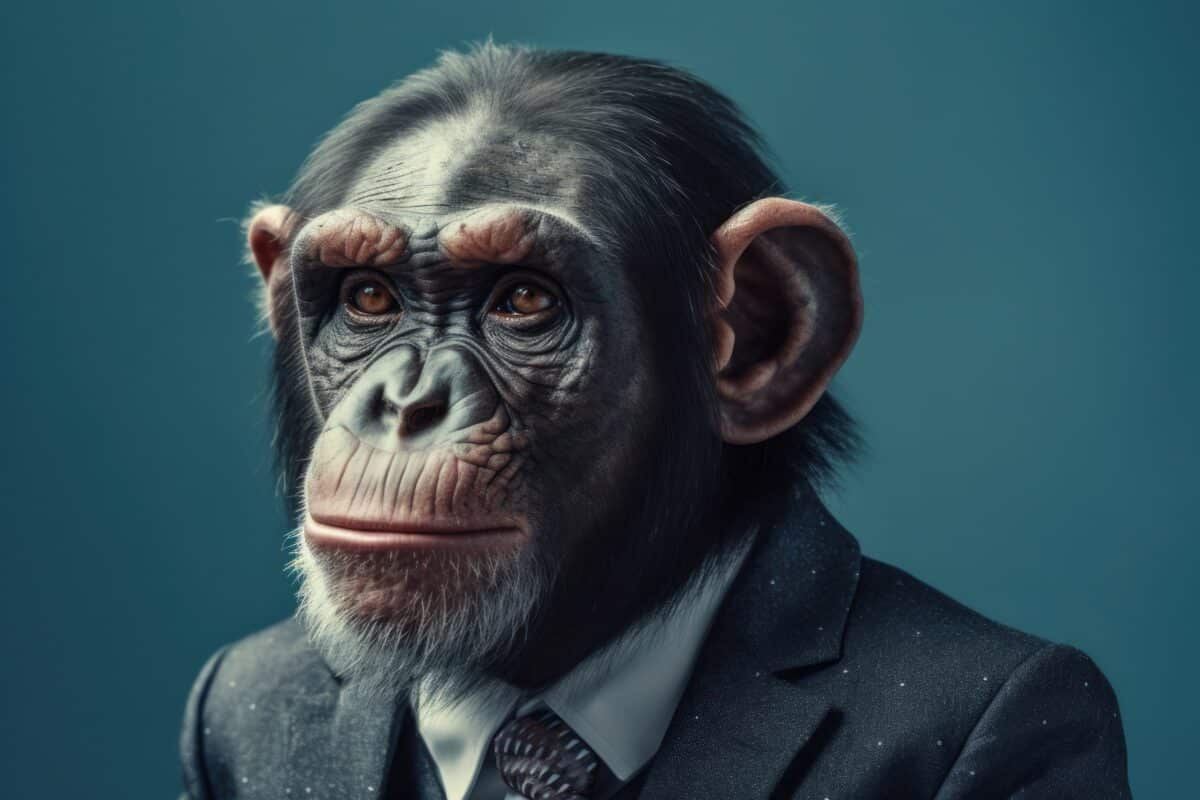
On Genetic (Dis)Similarity, Give Credit Where Due
